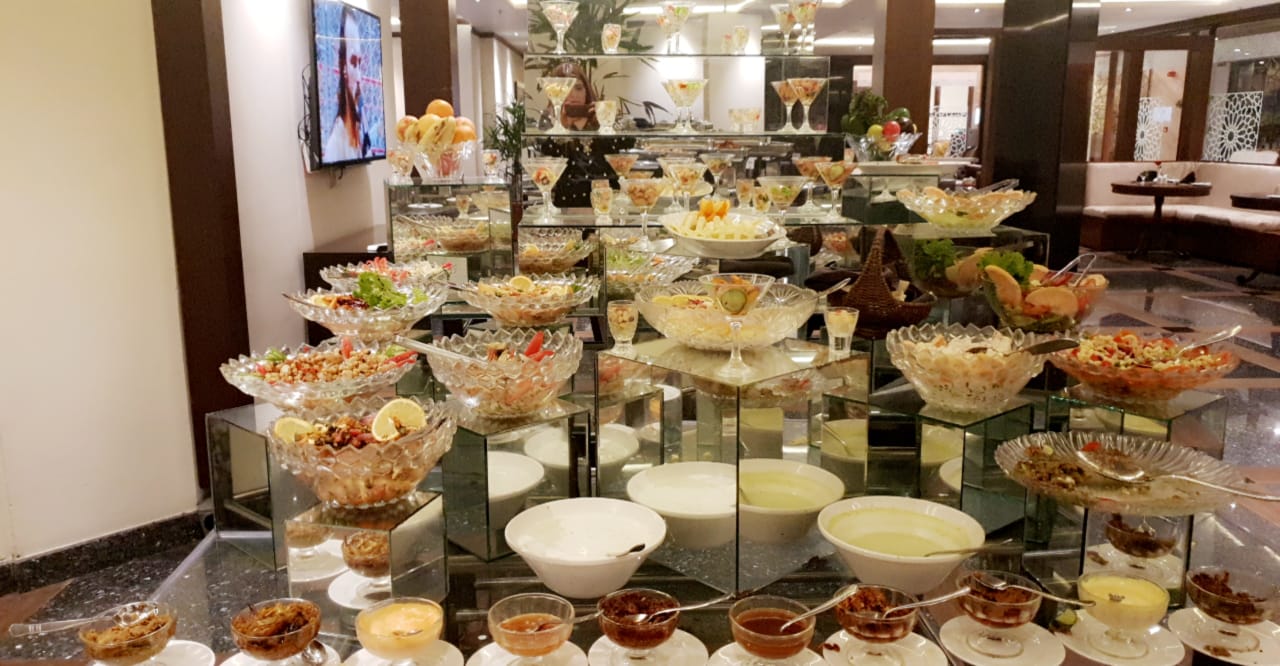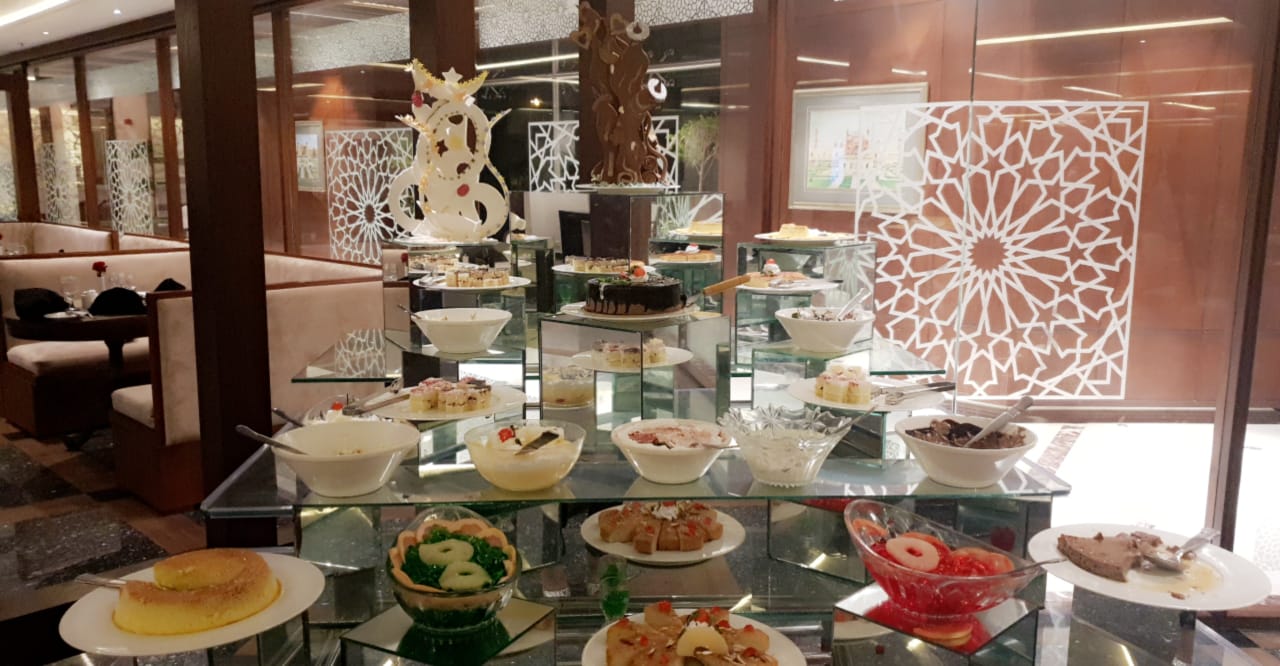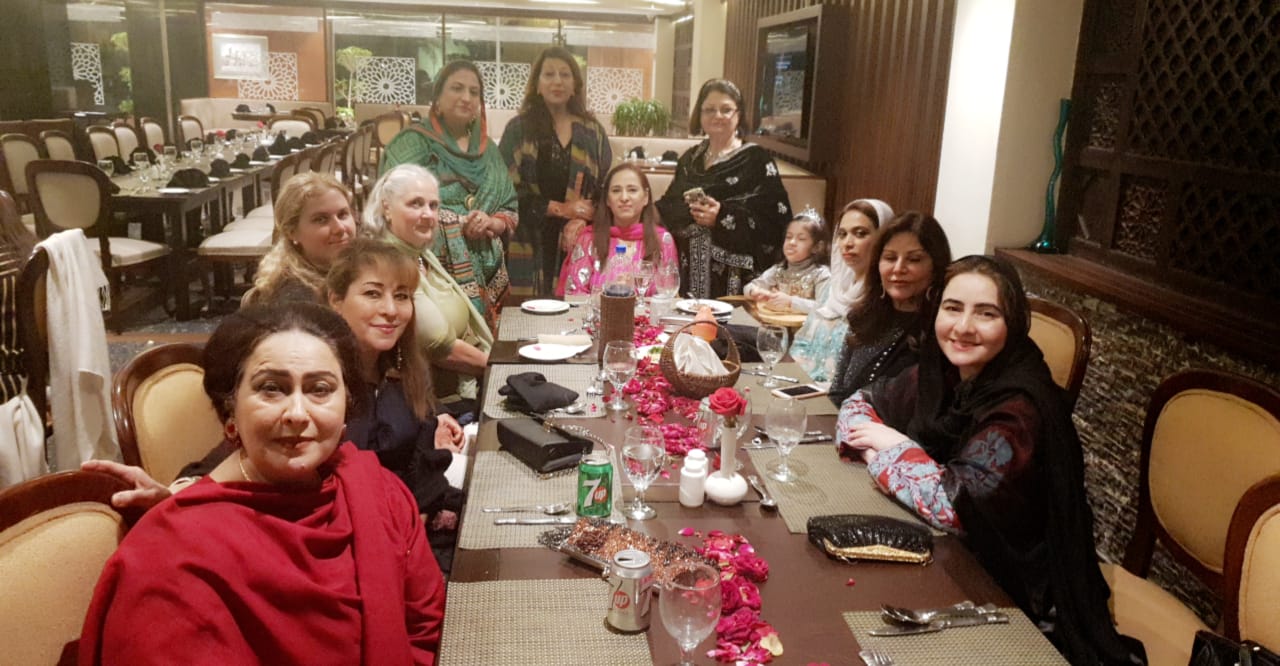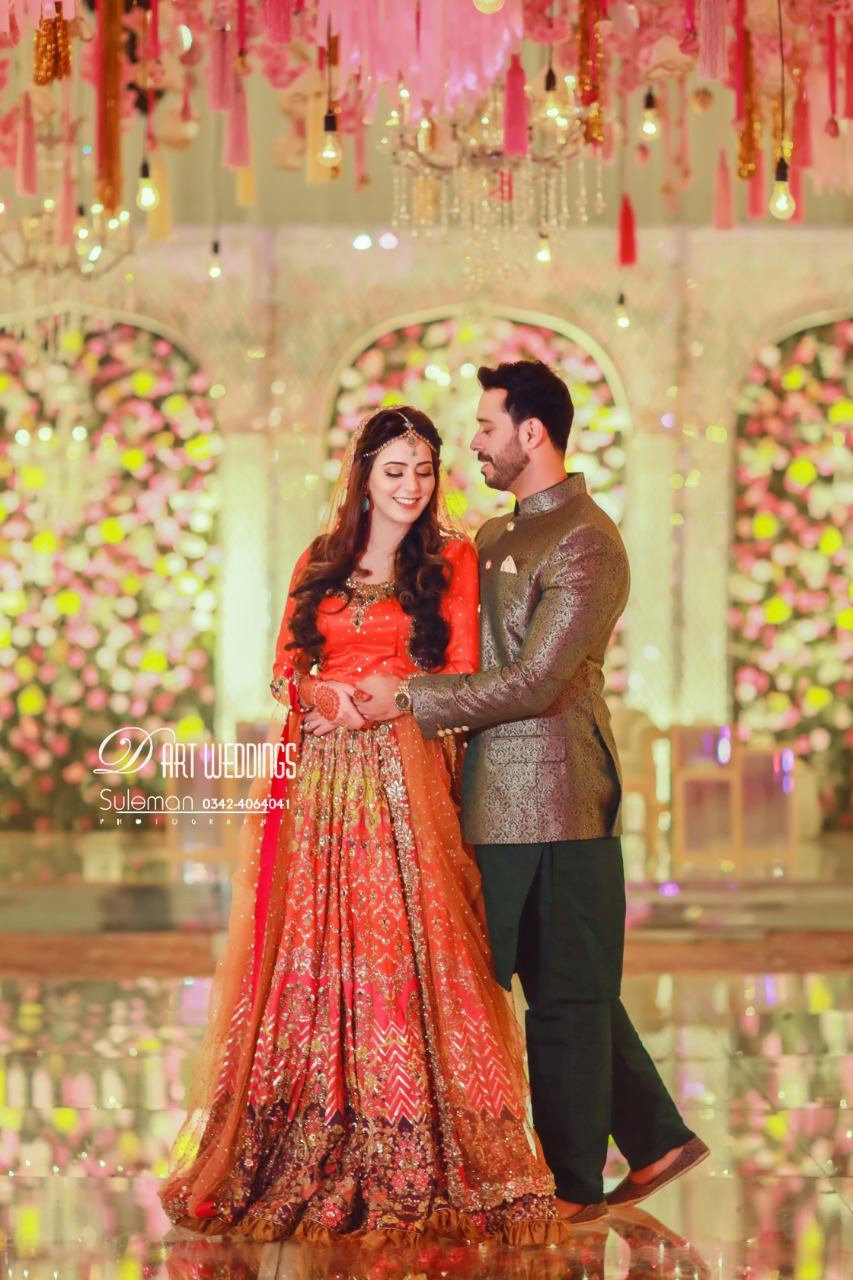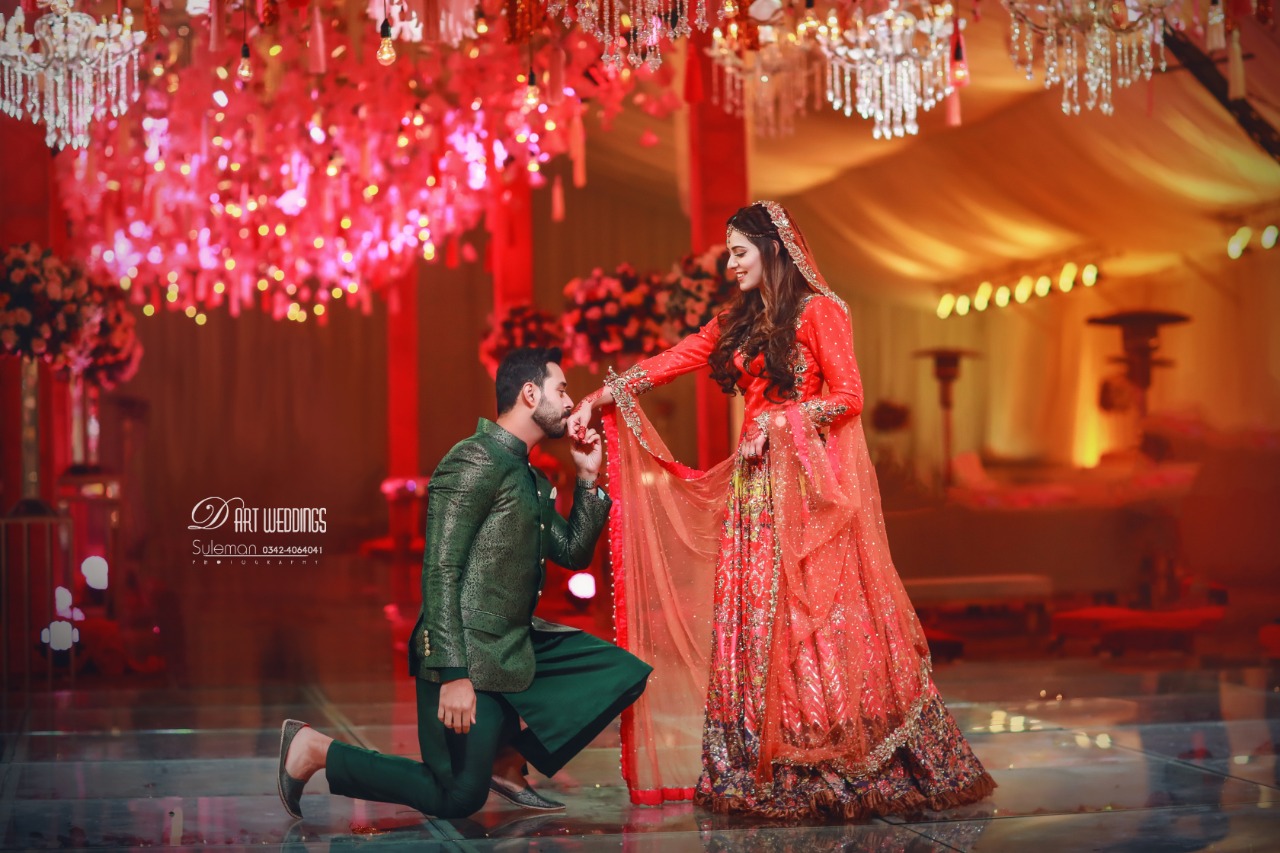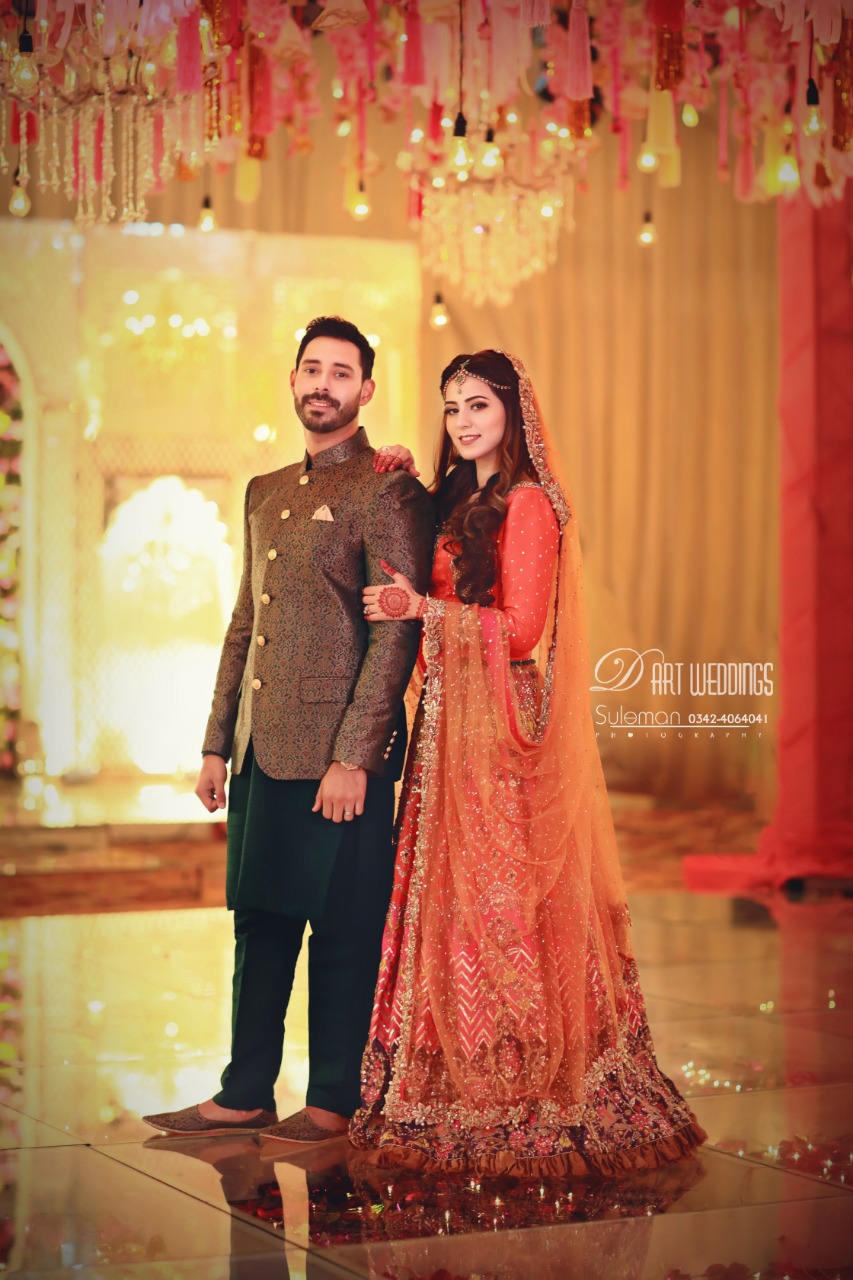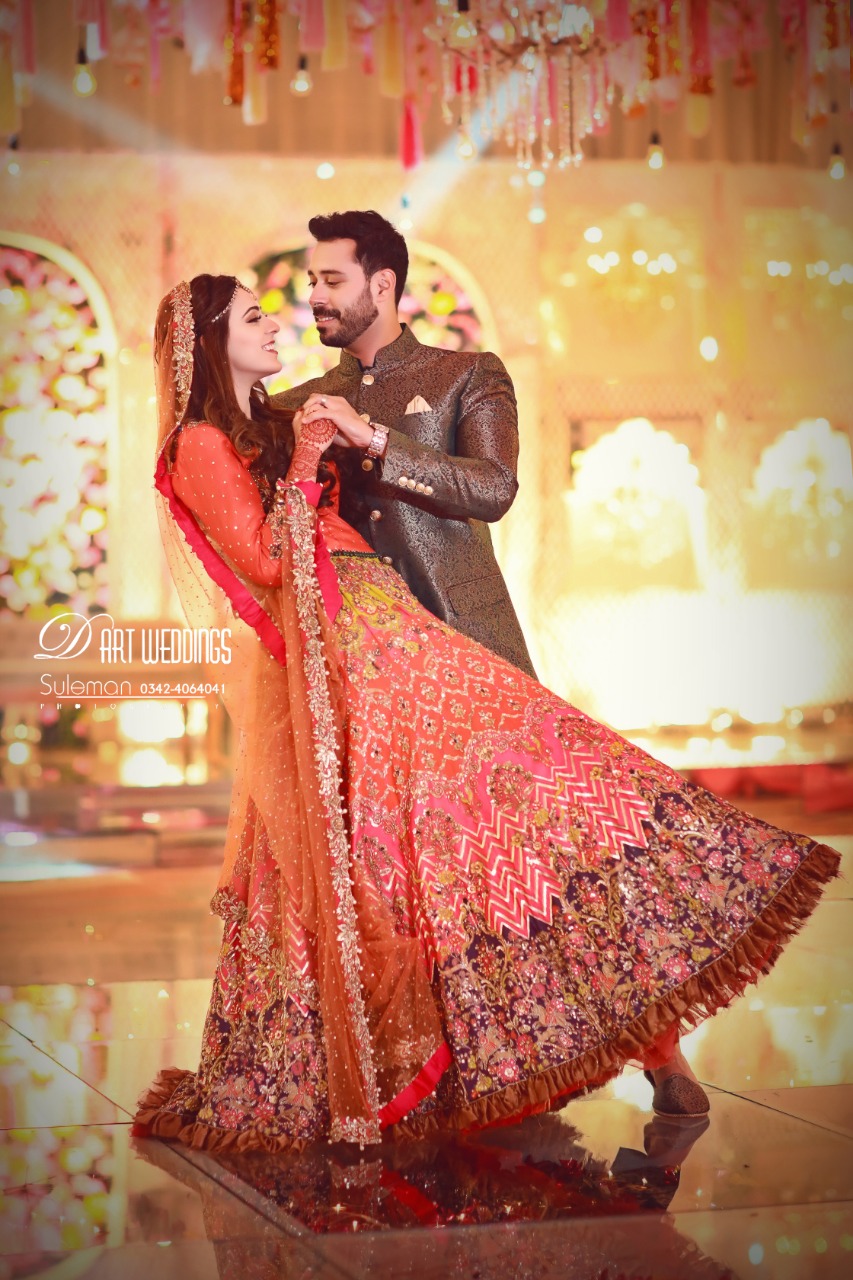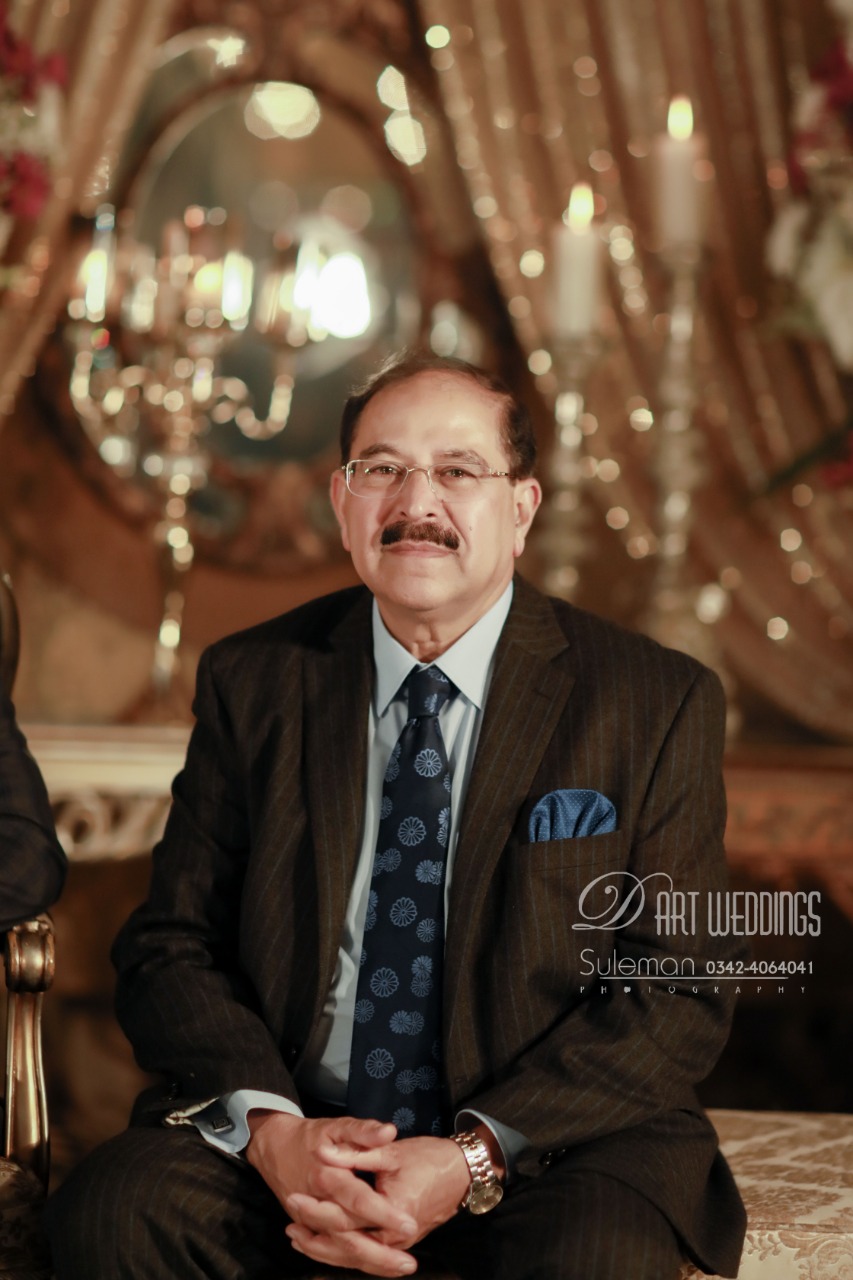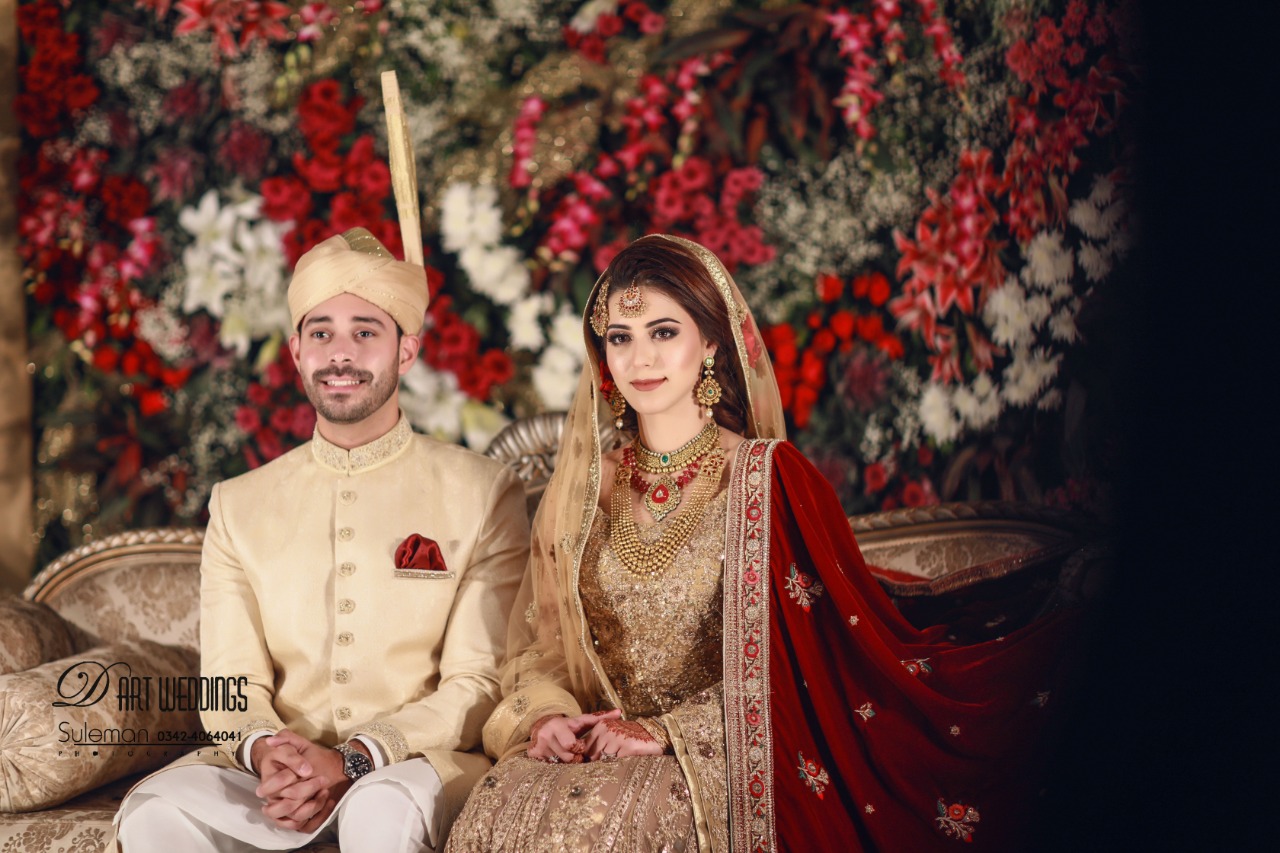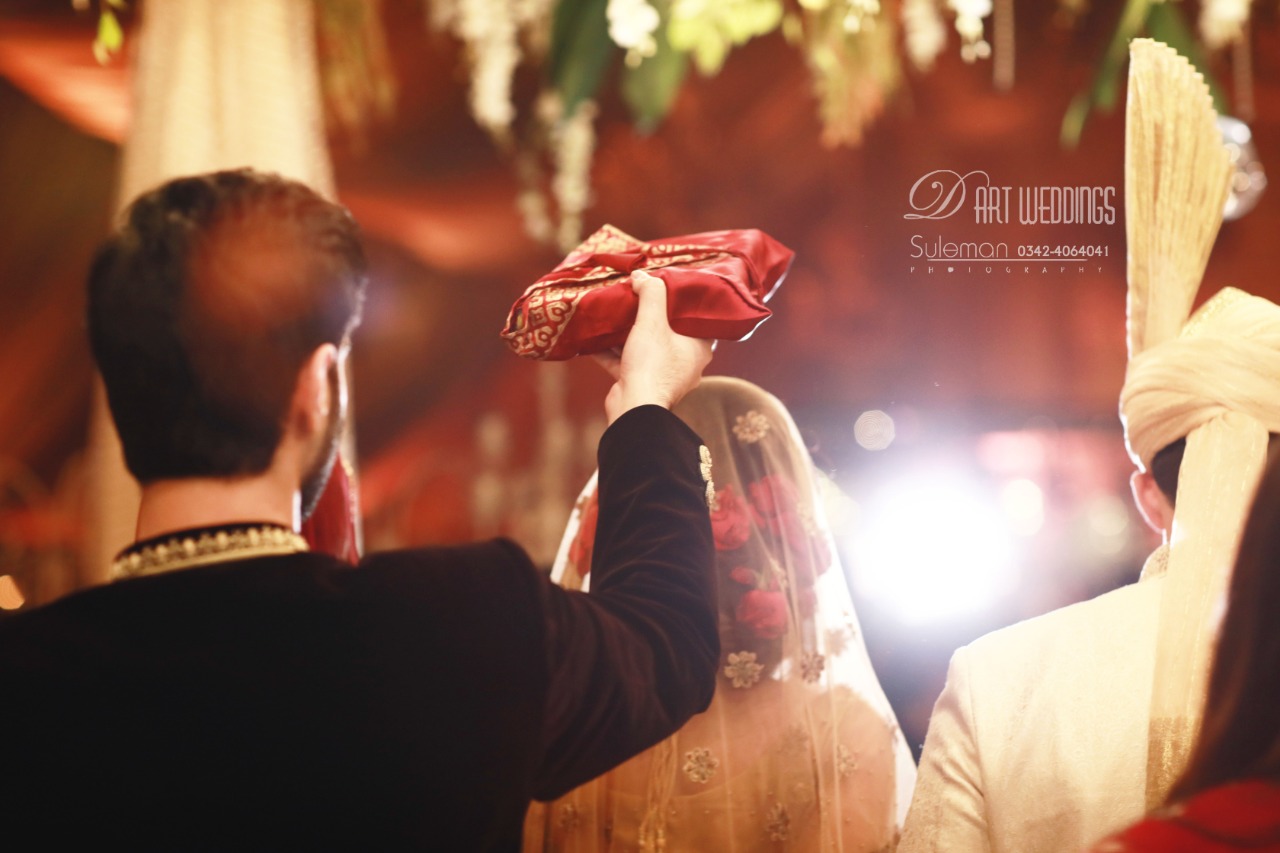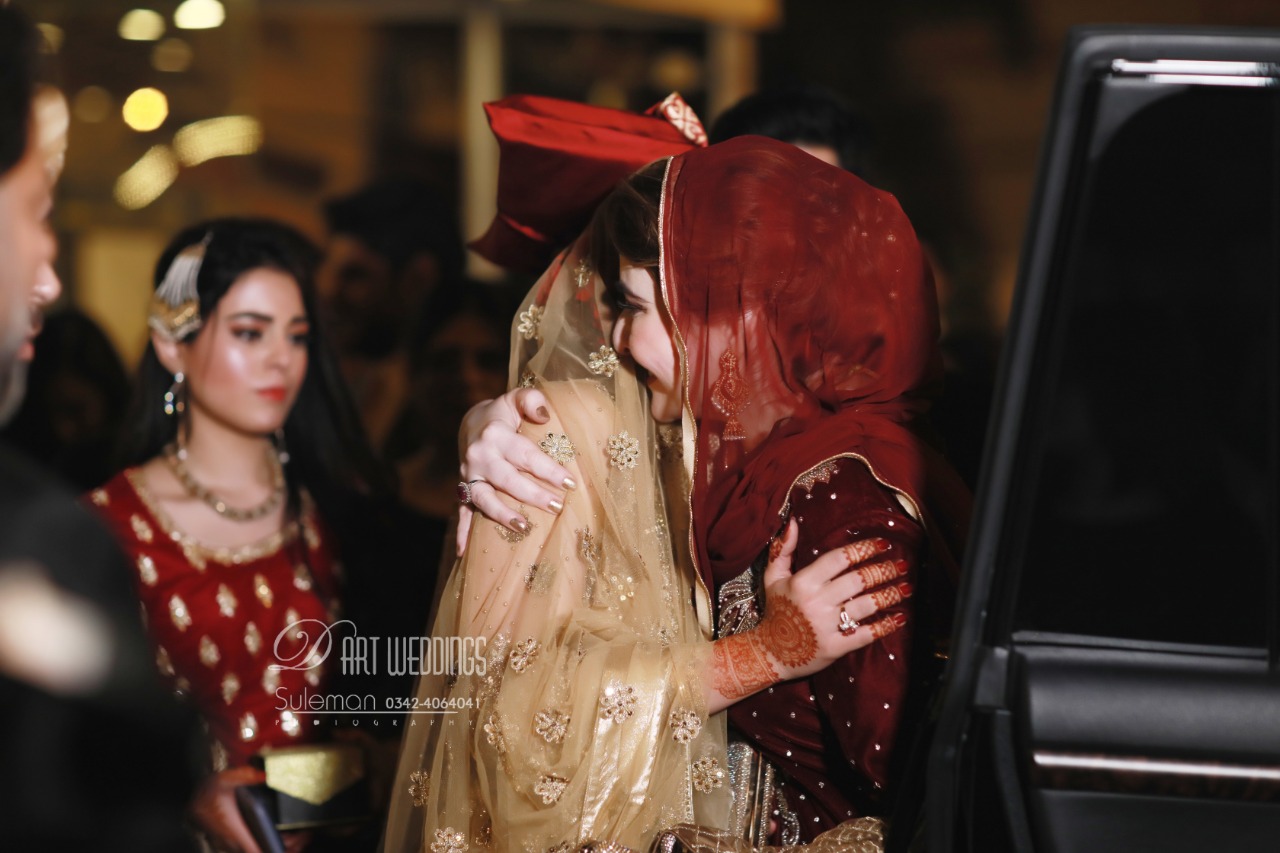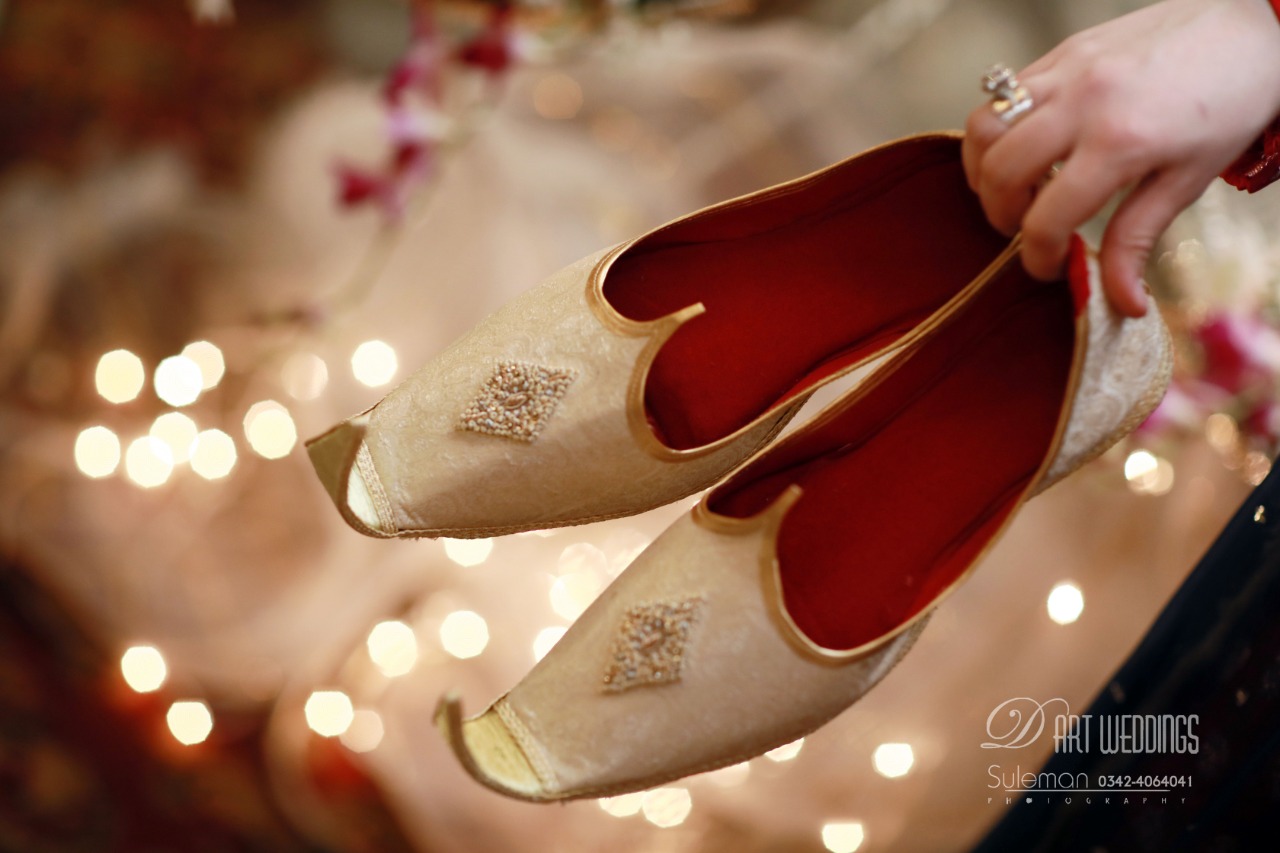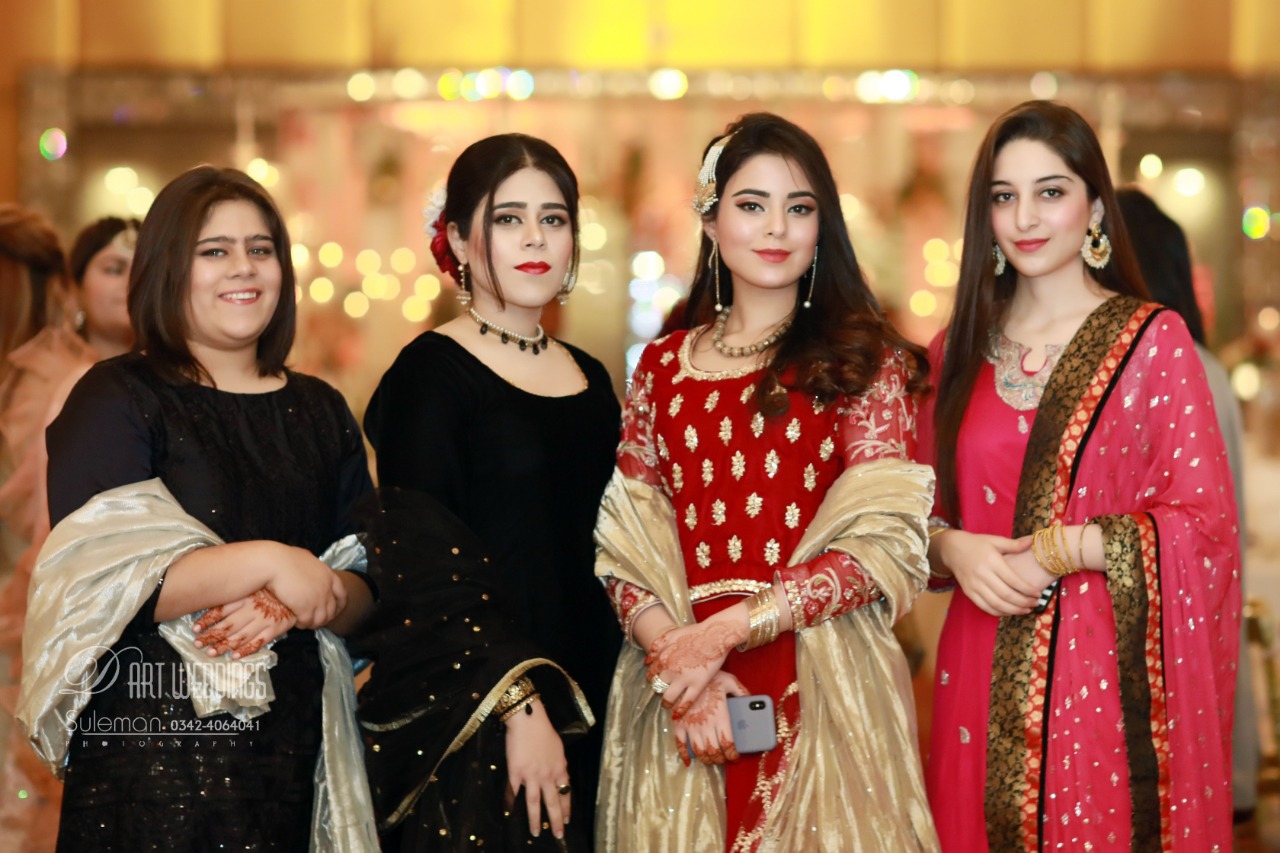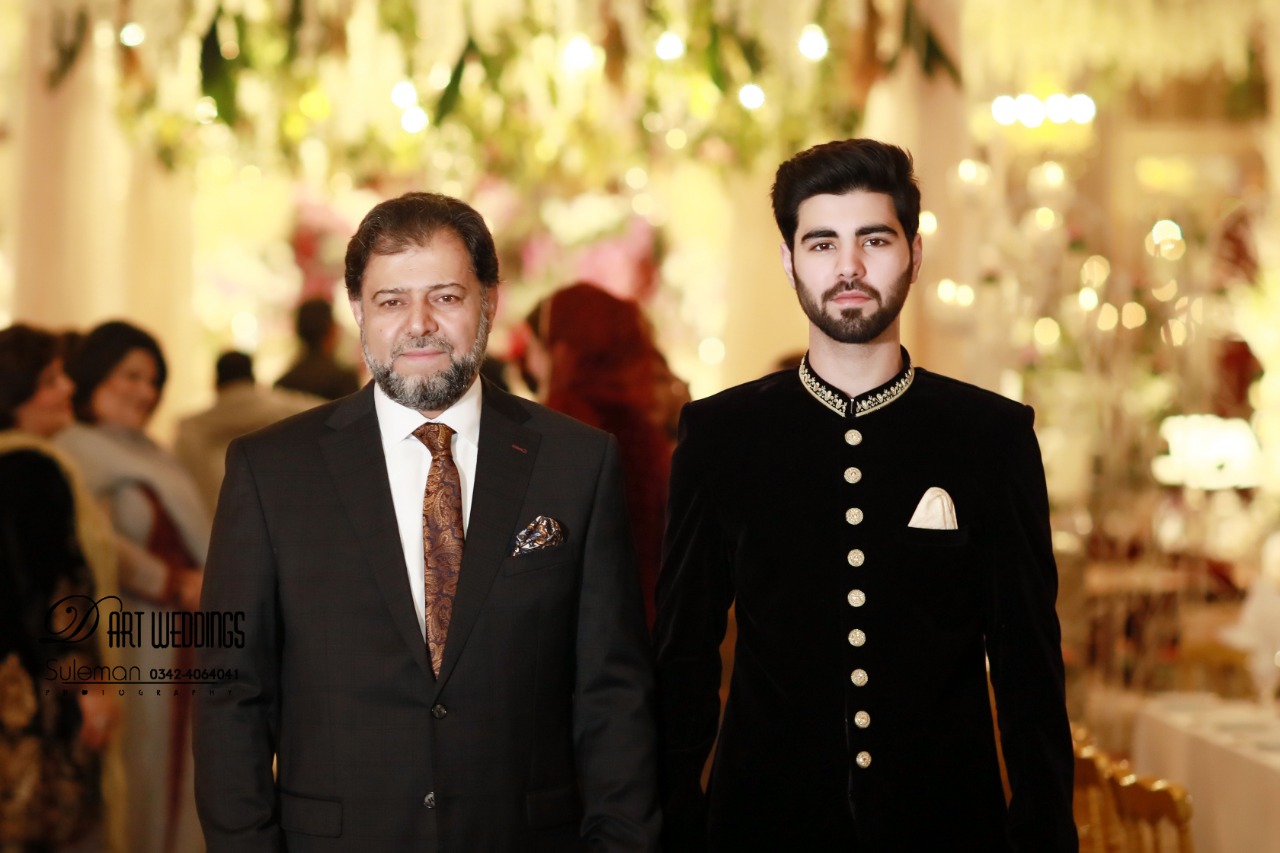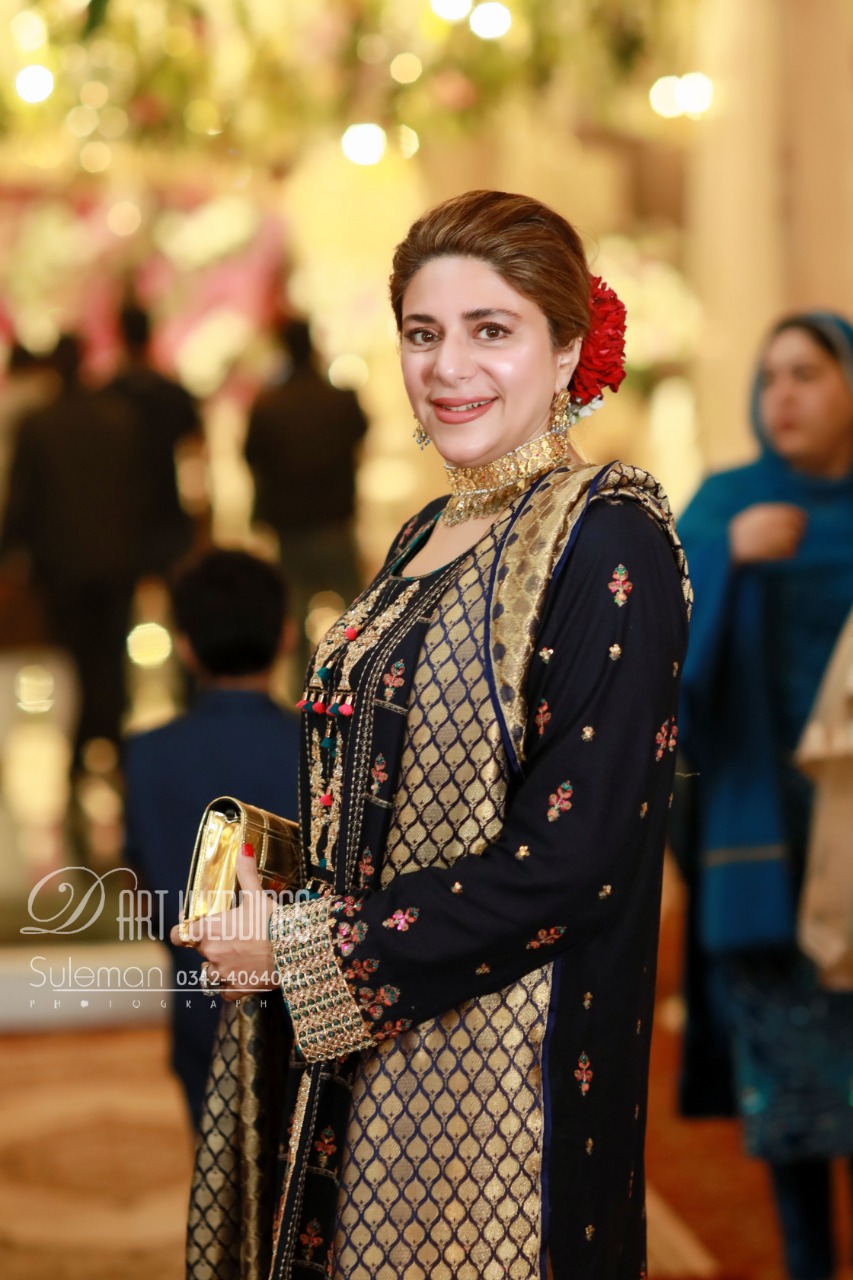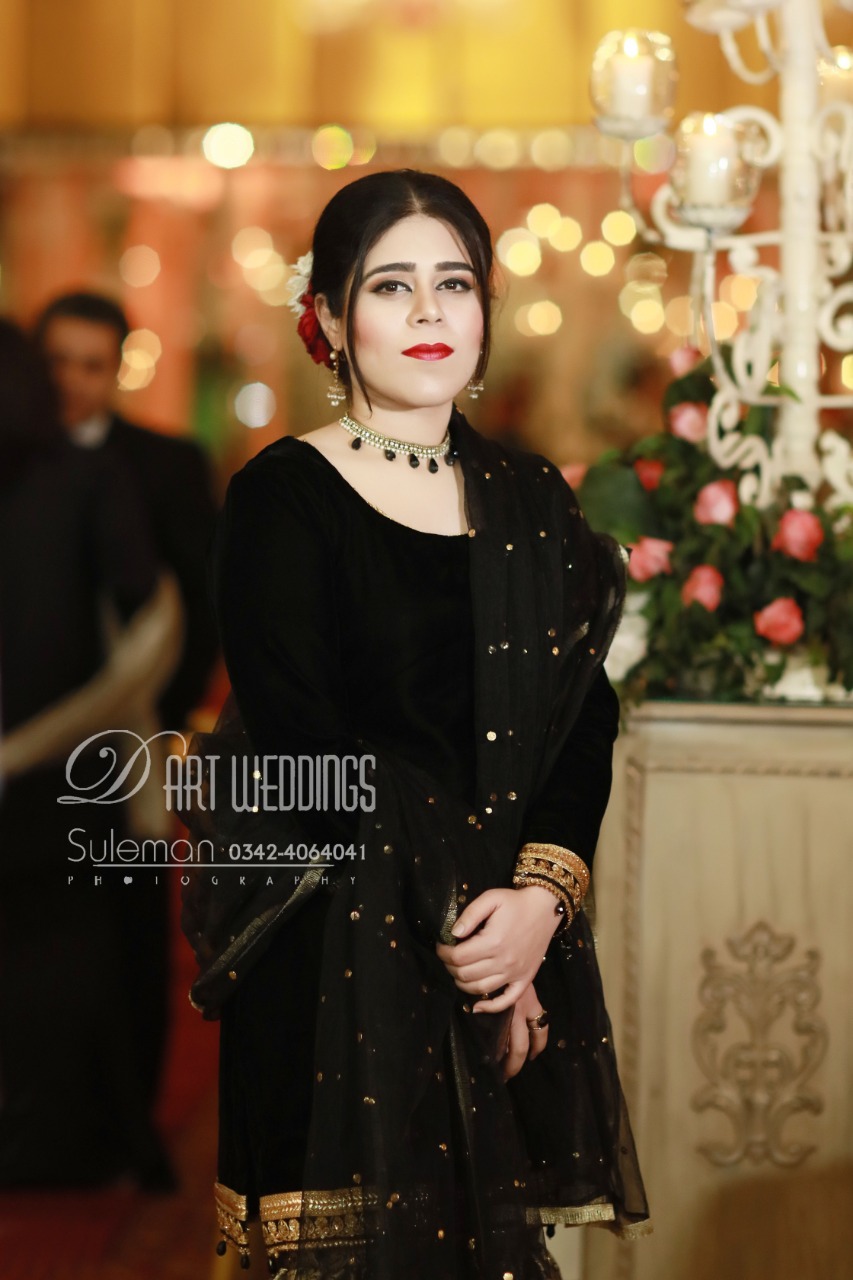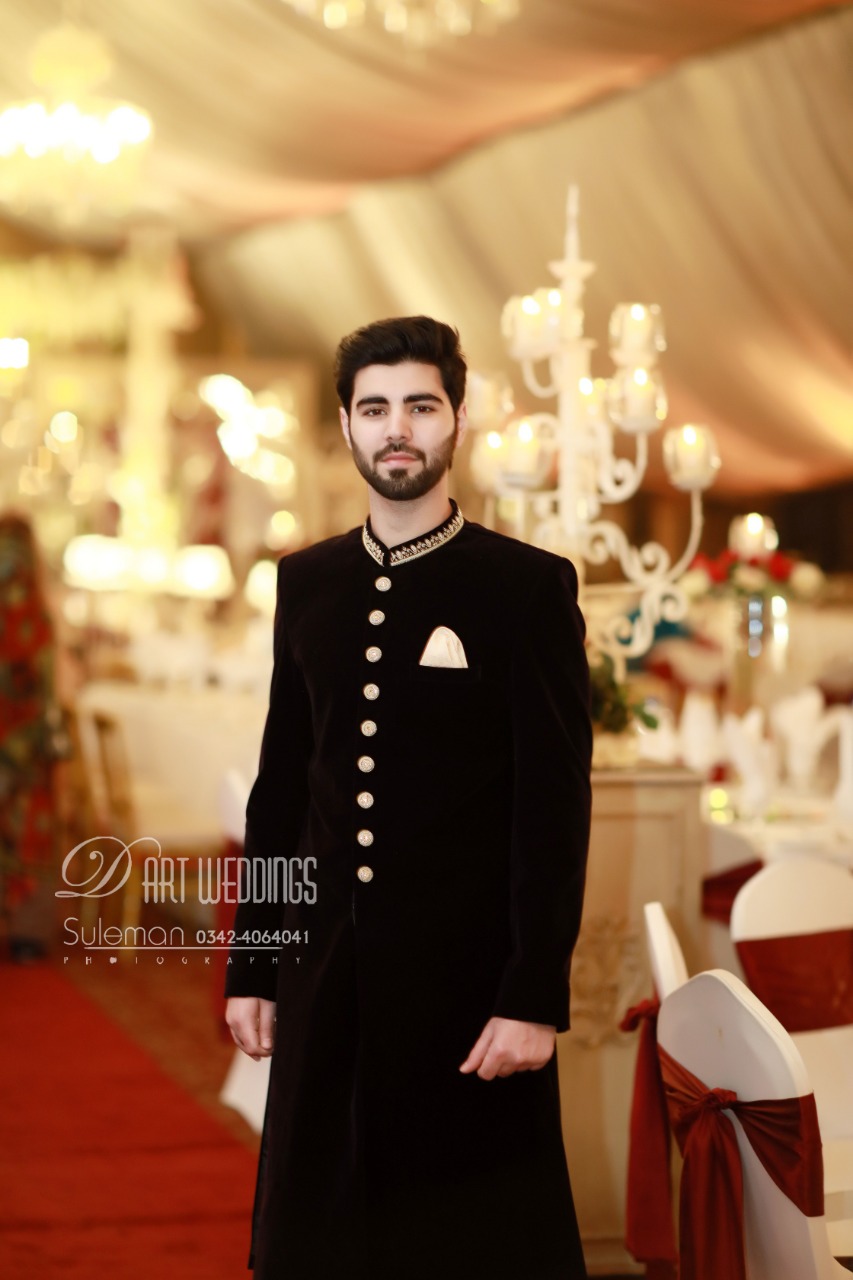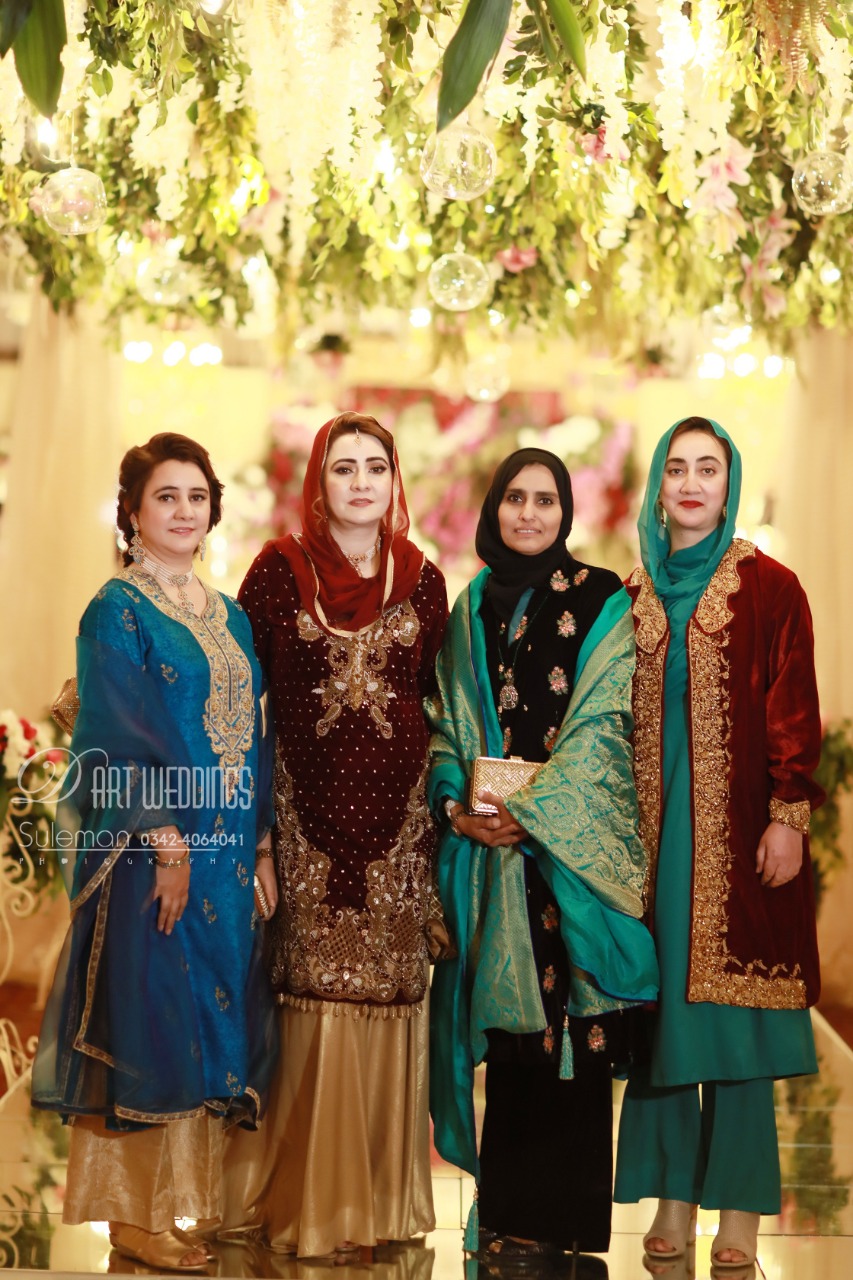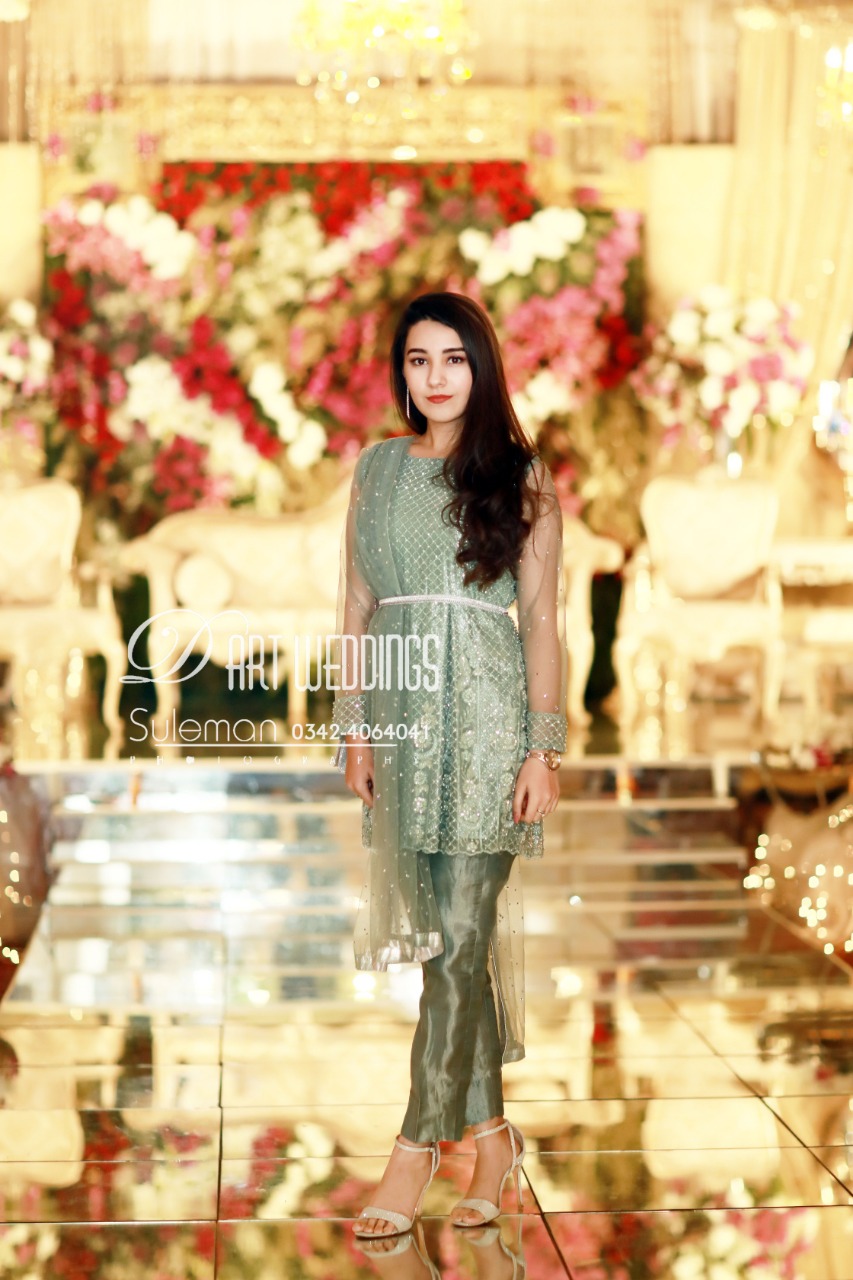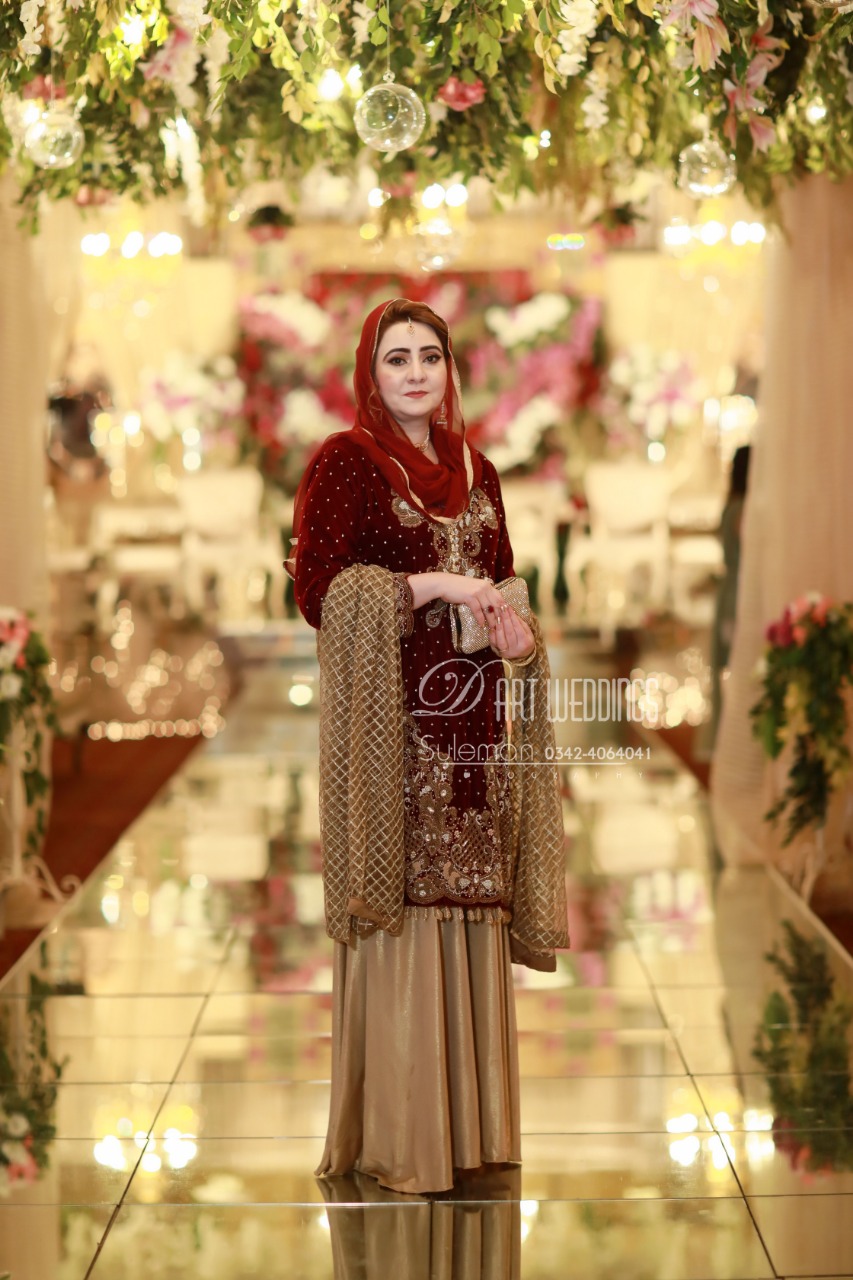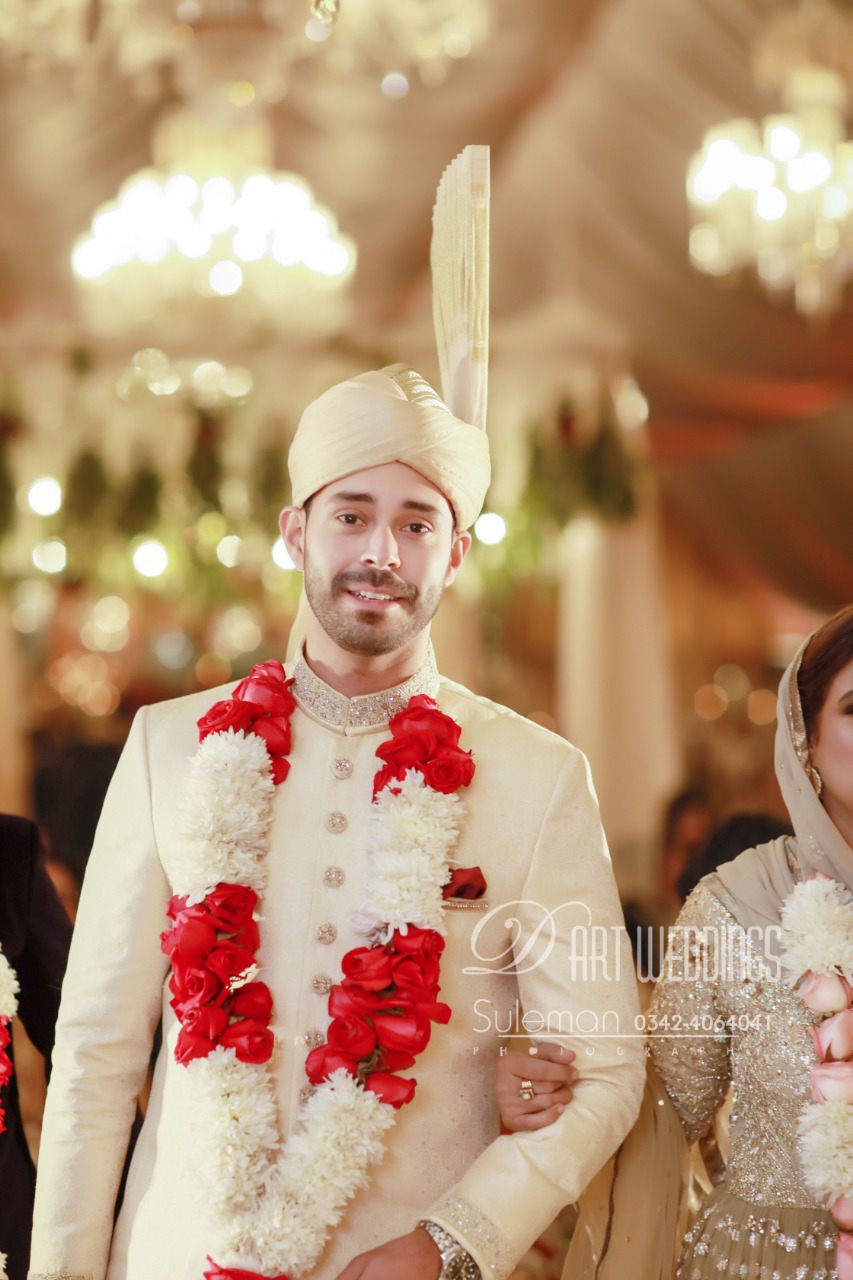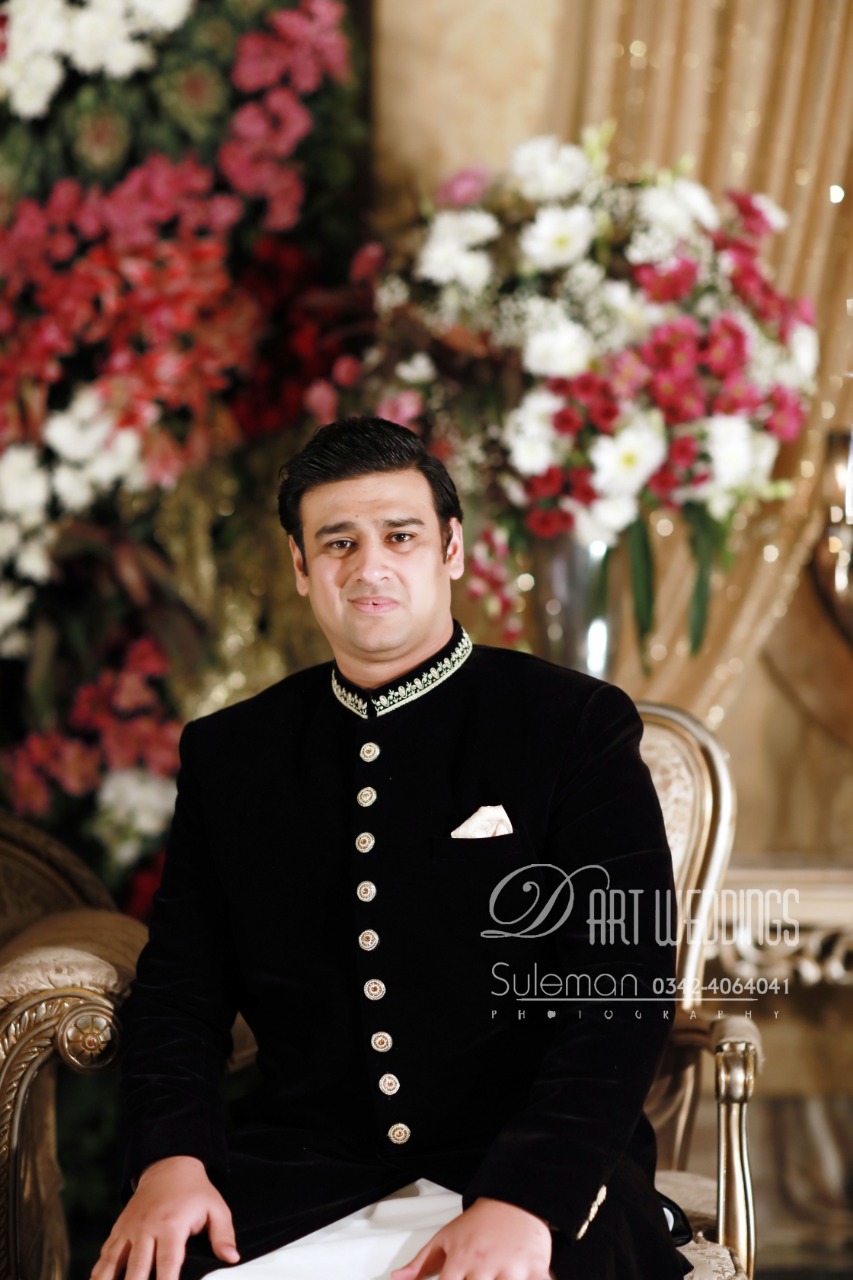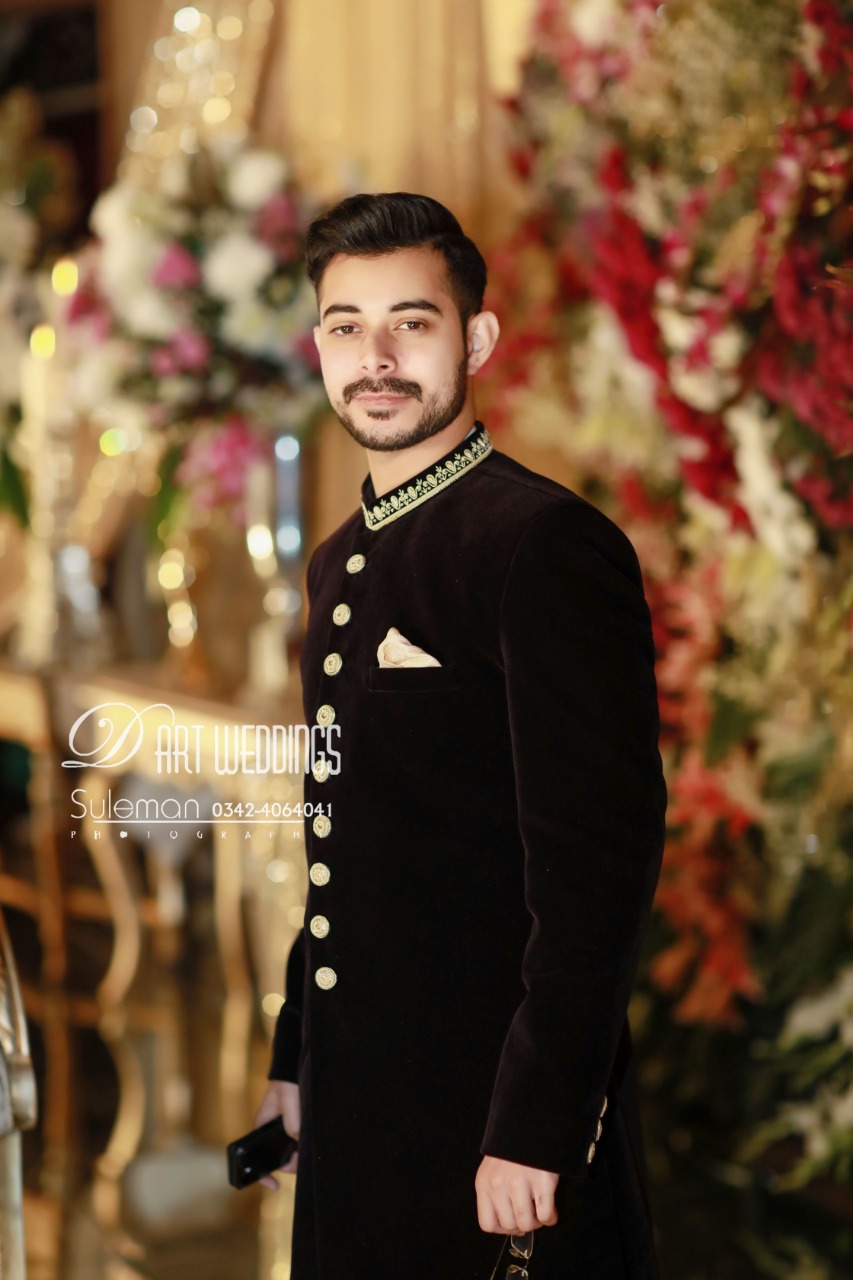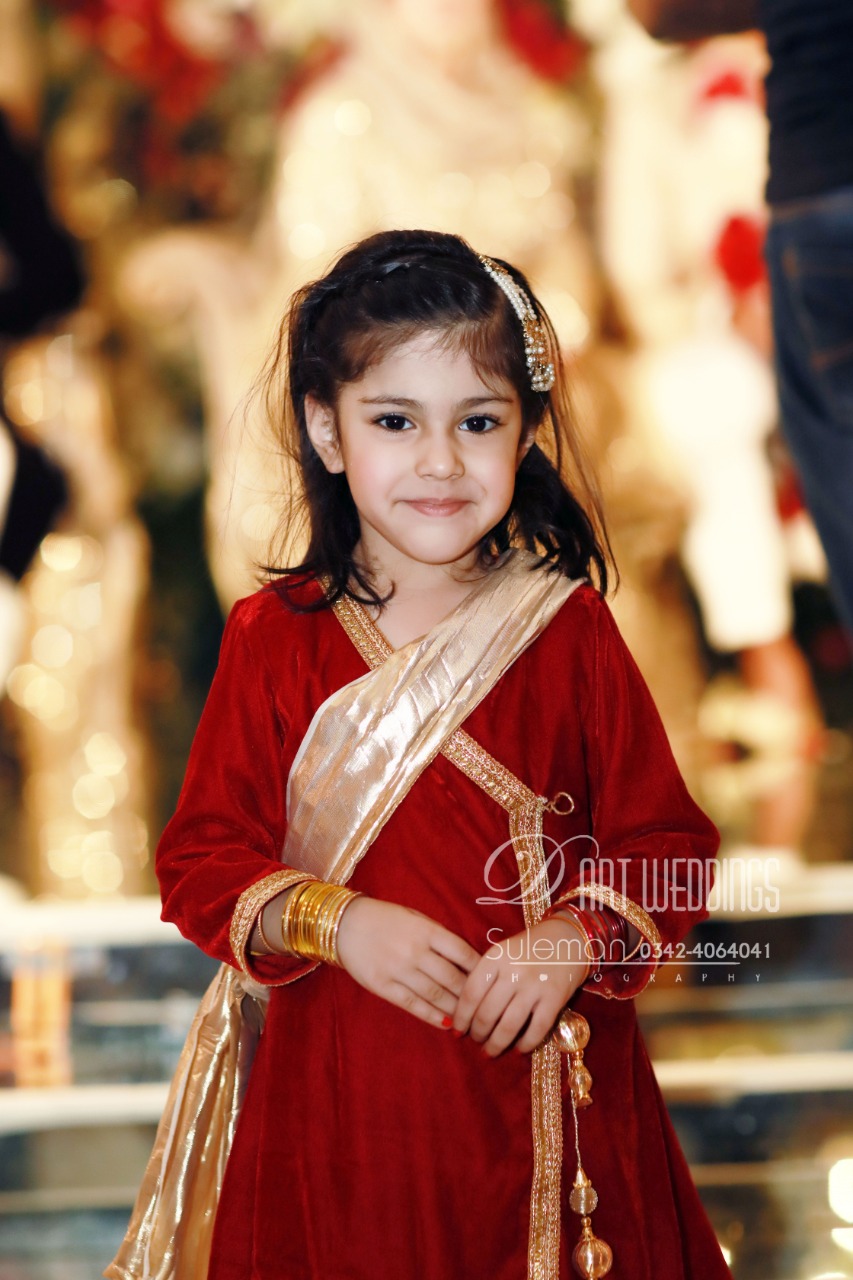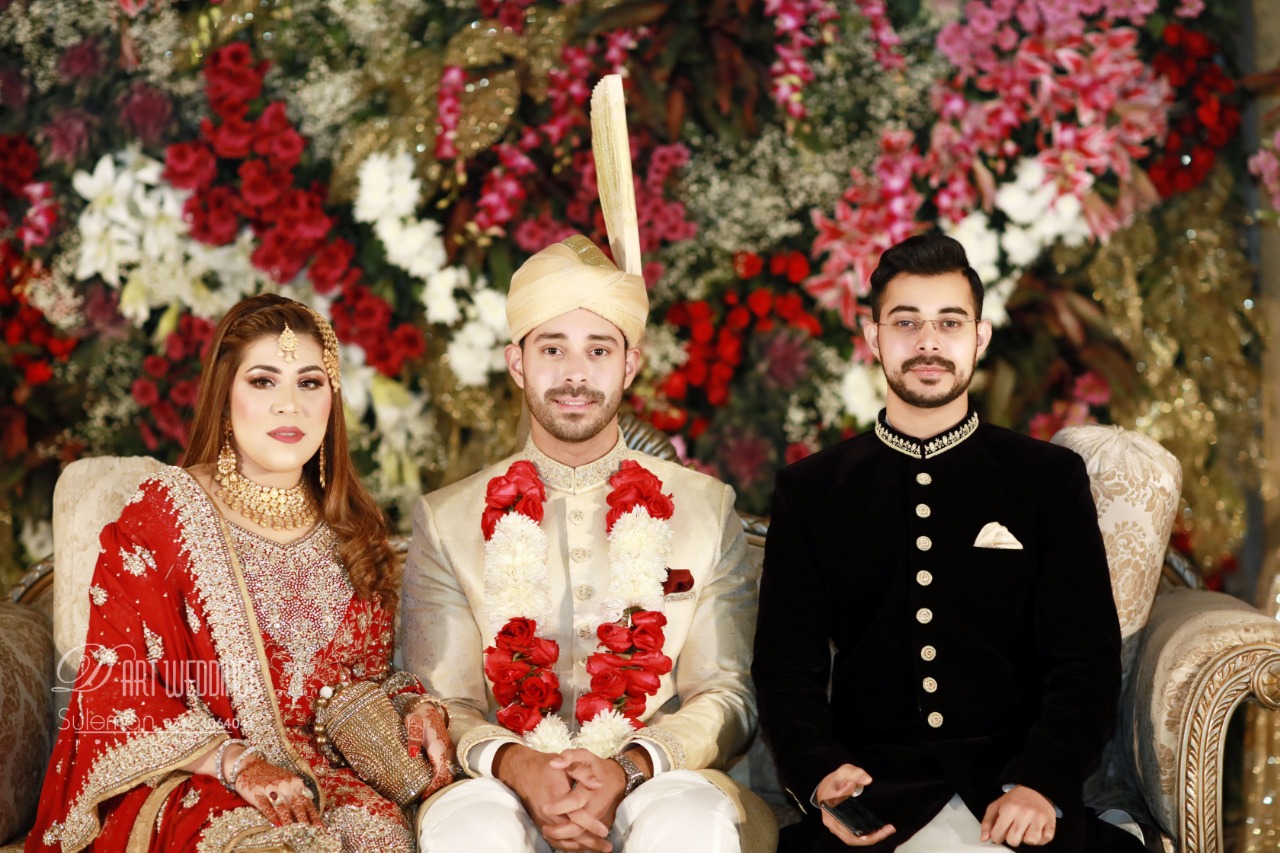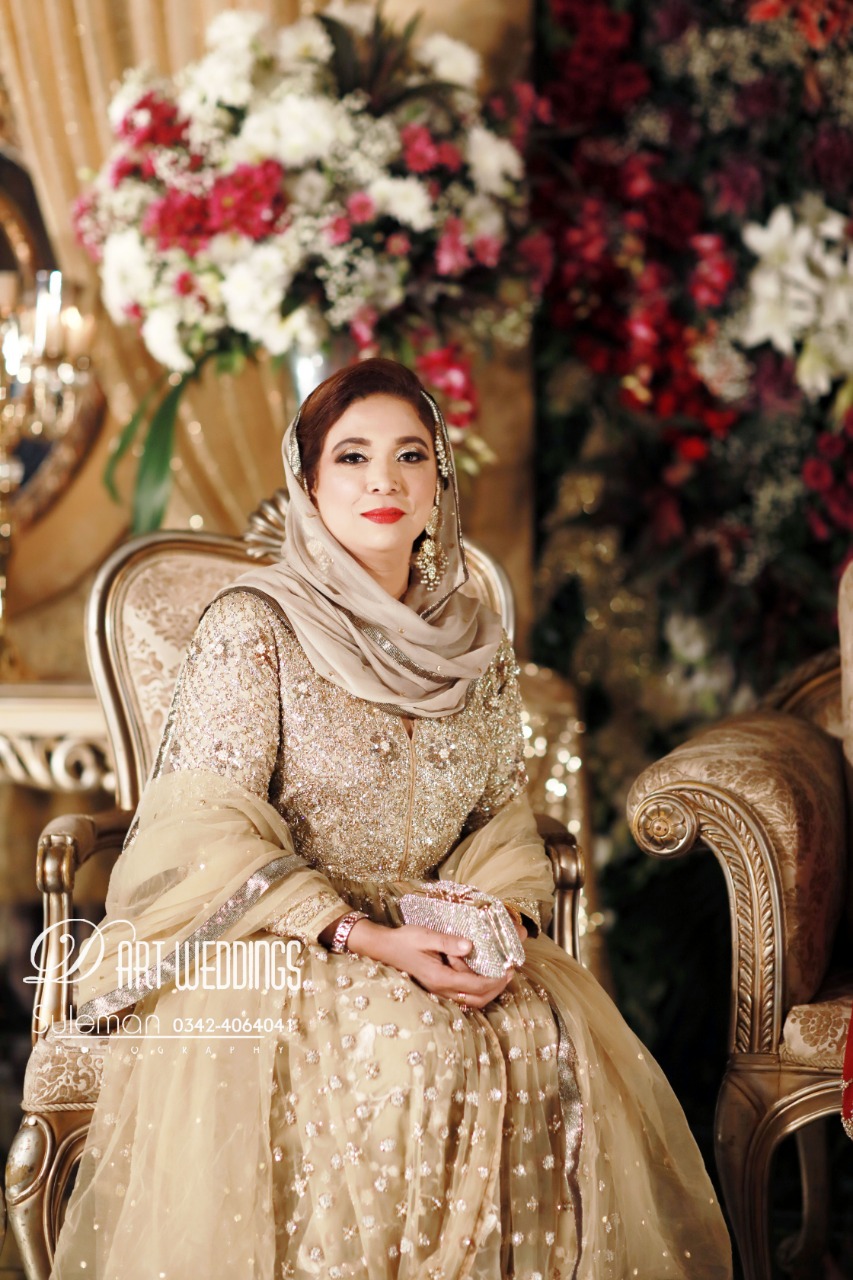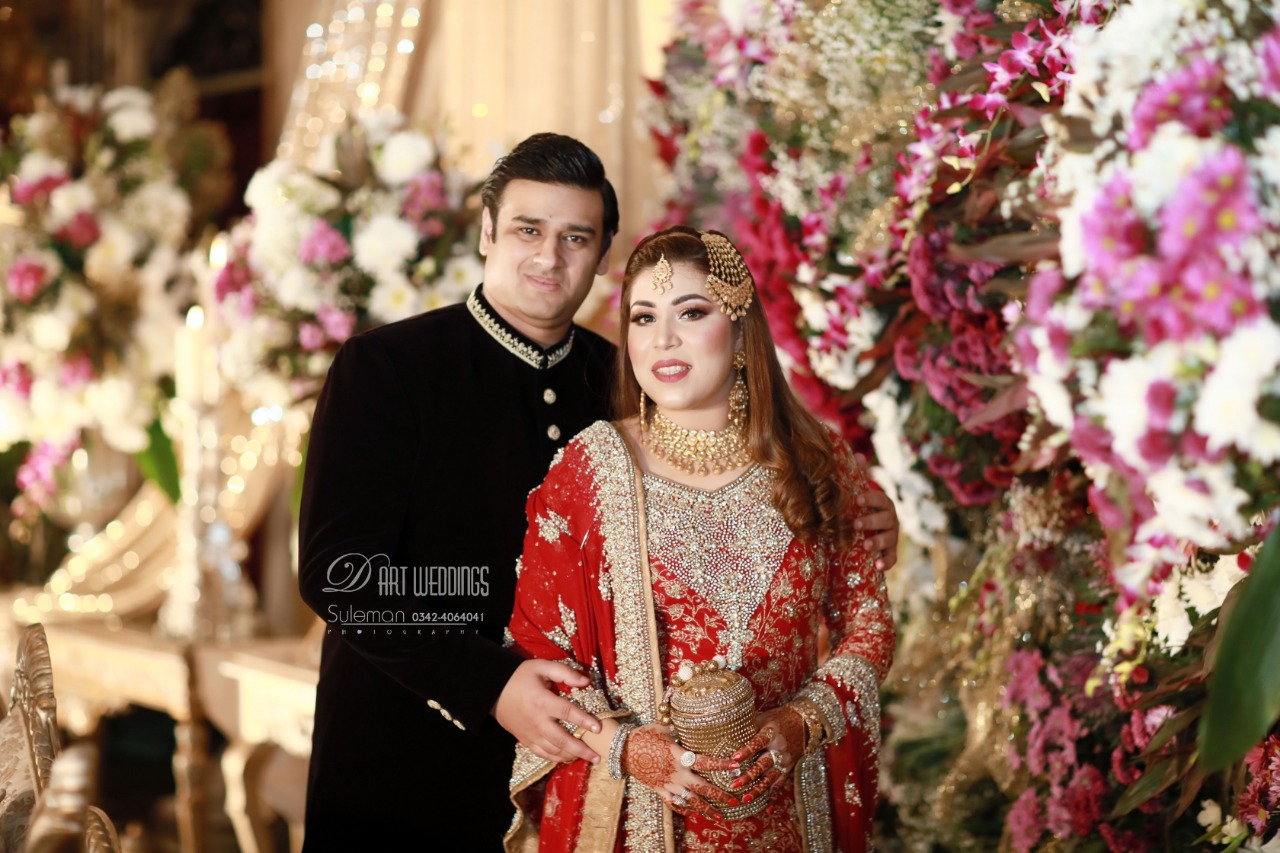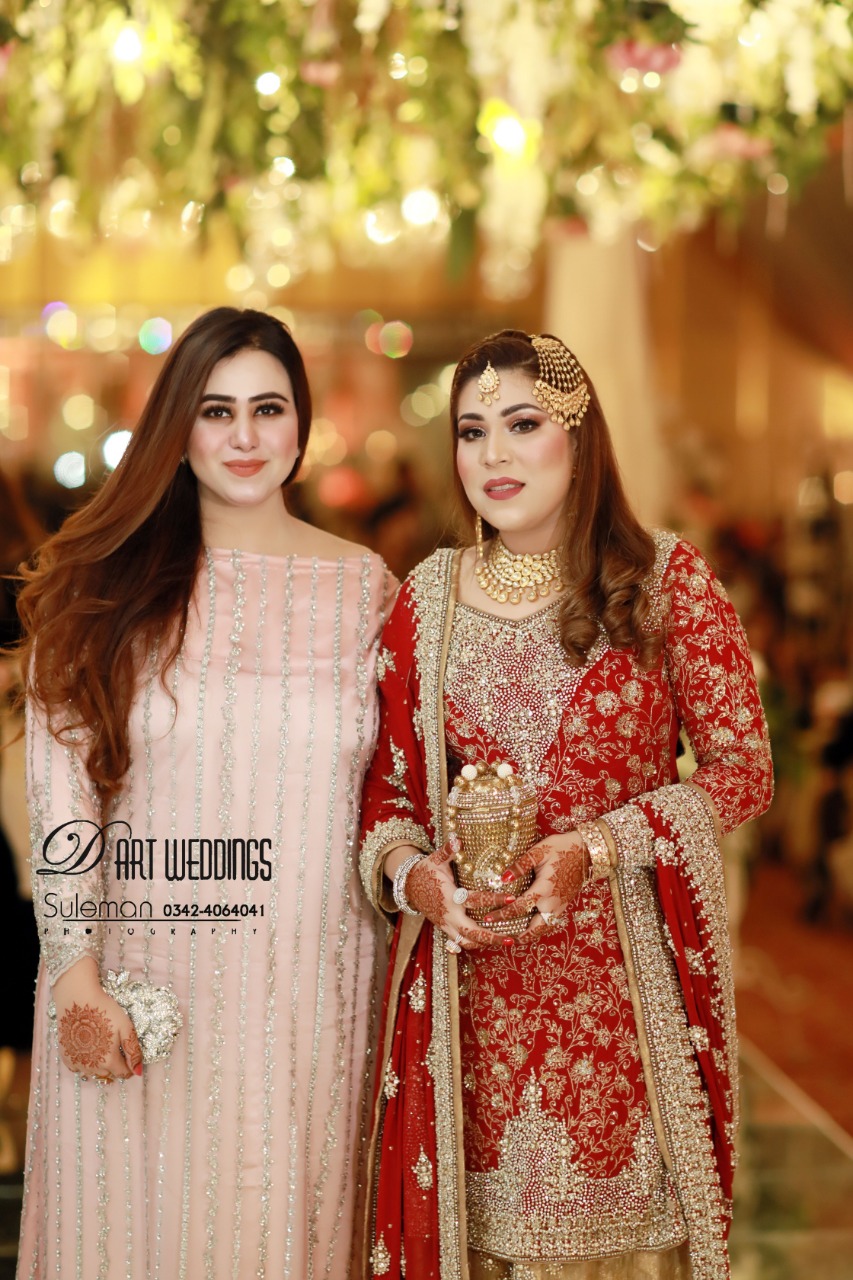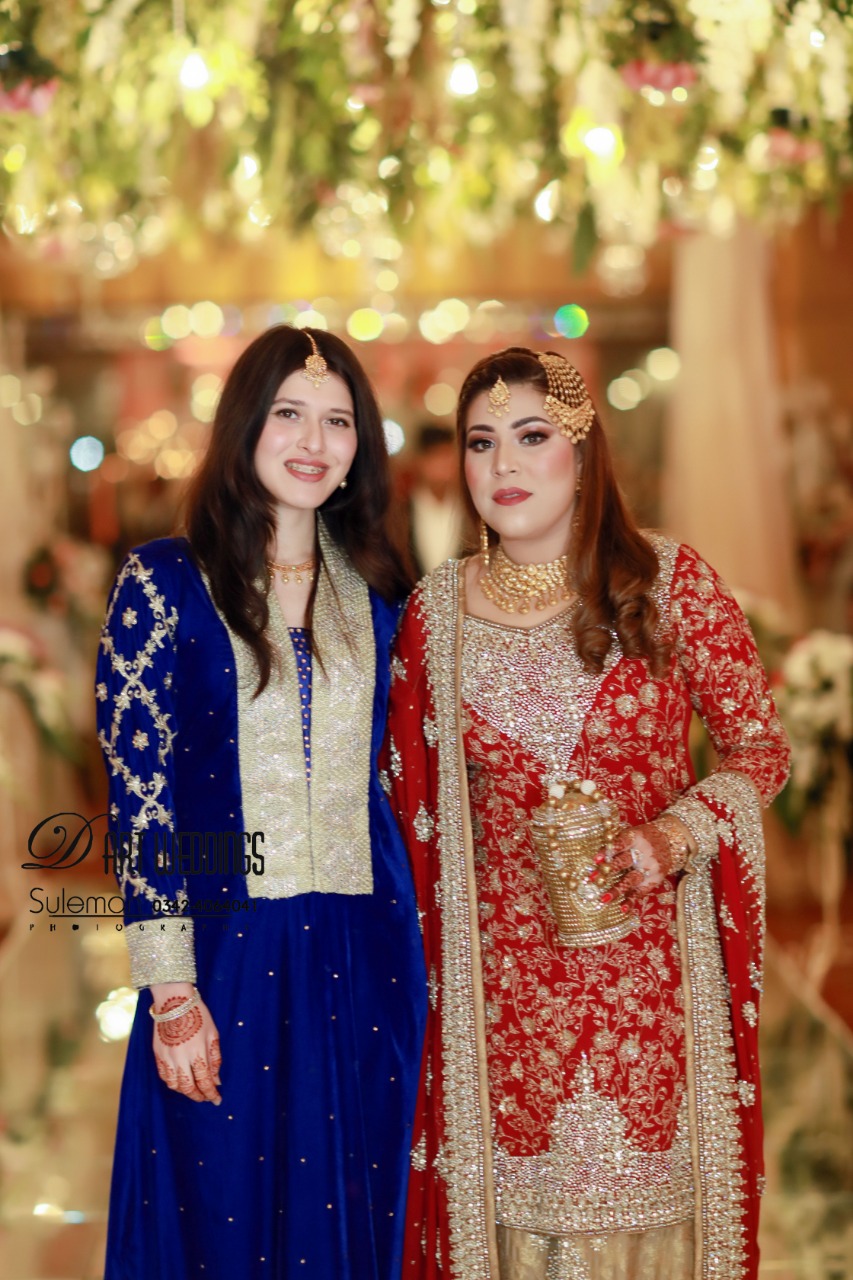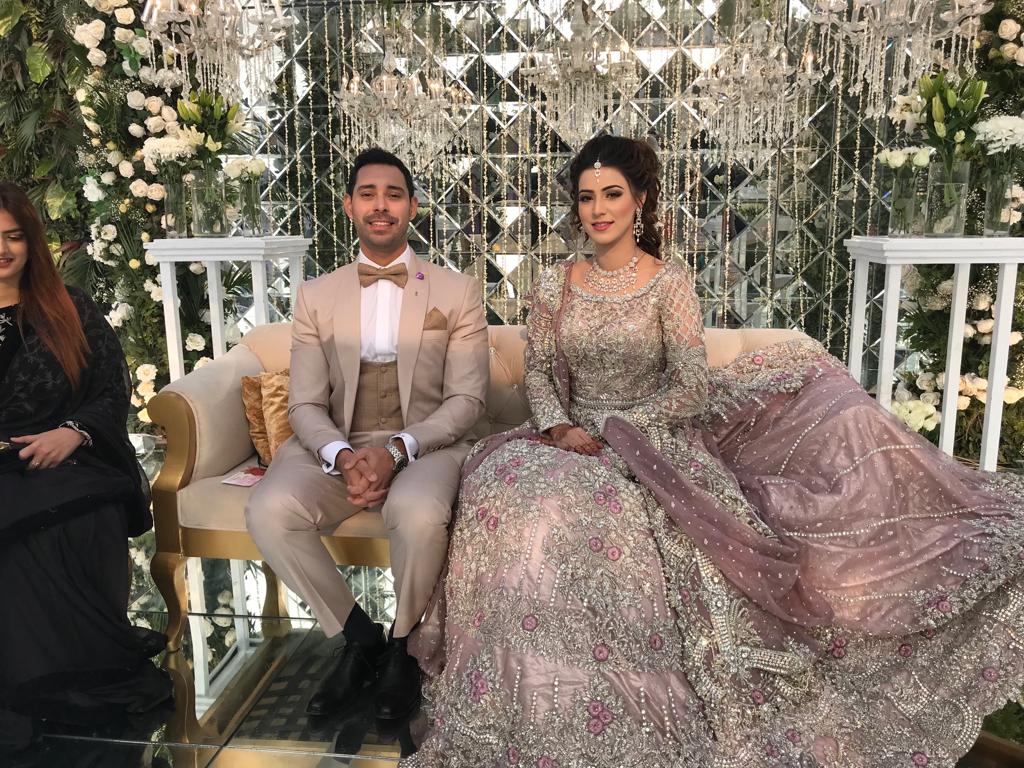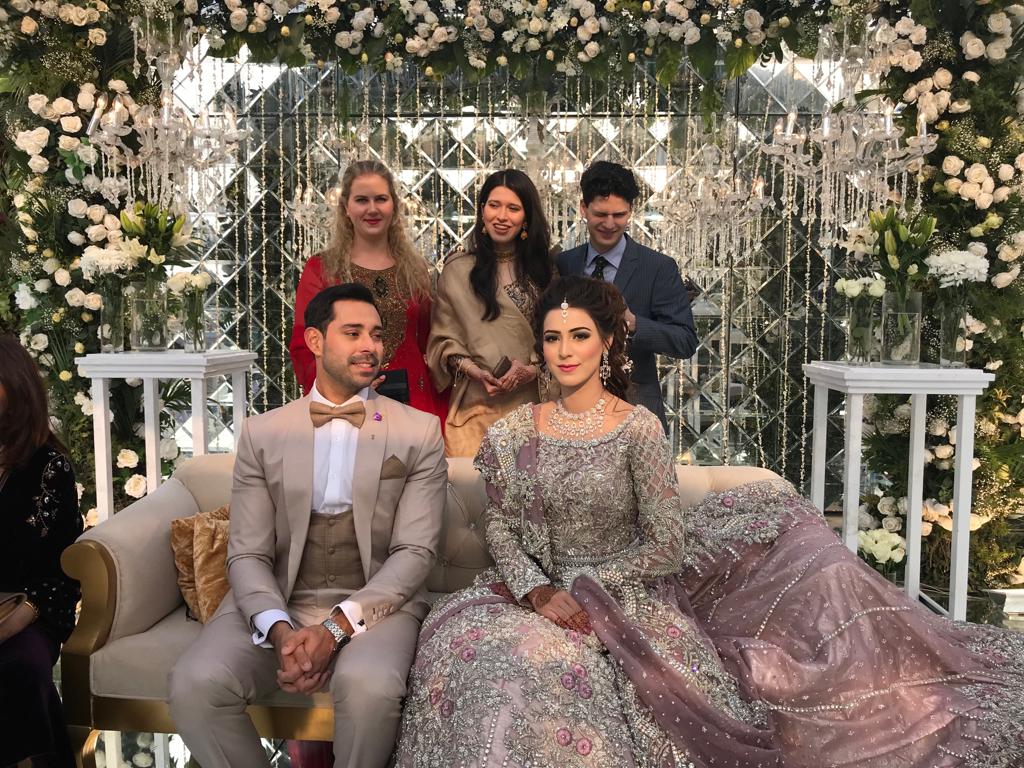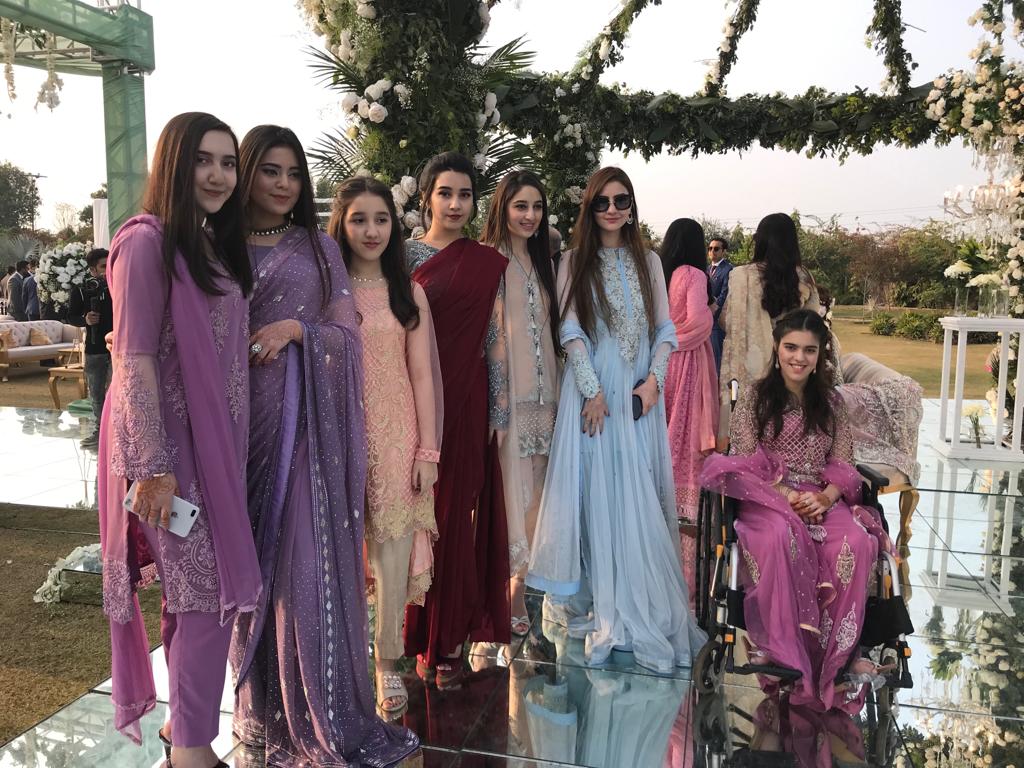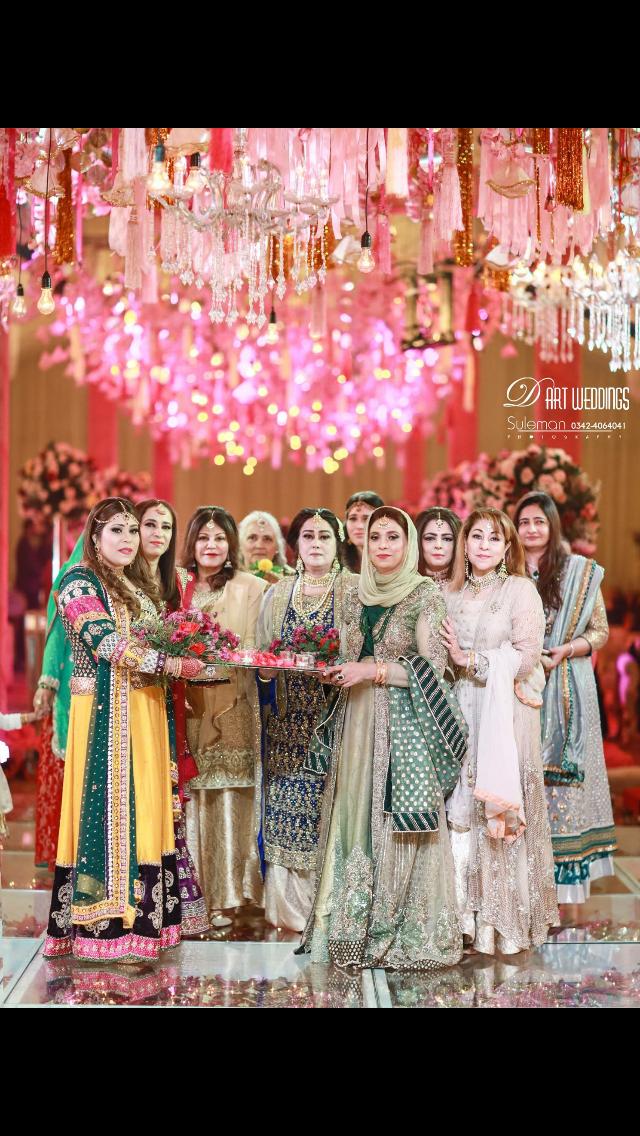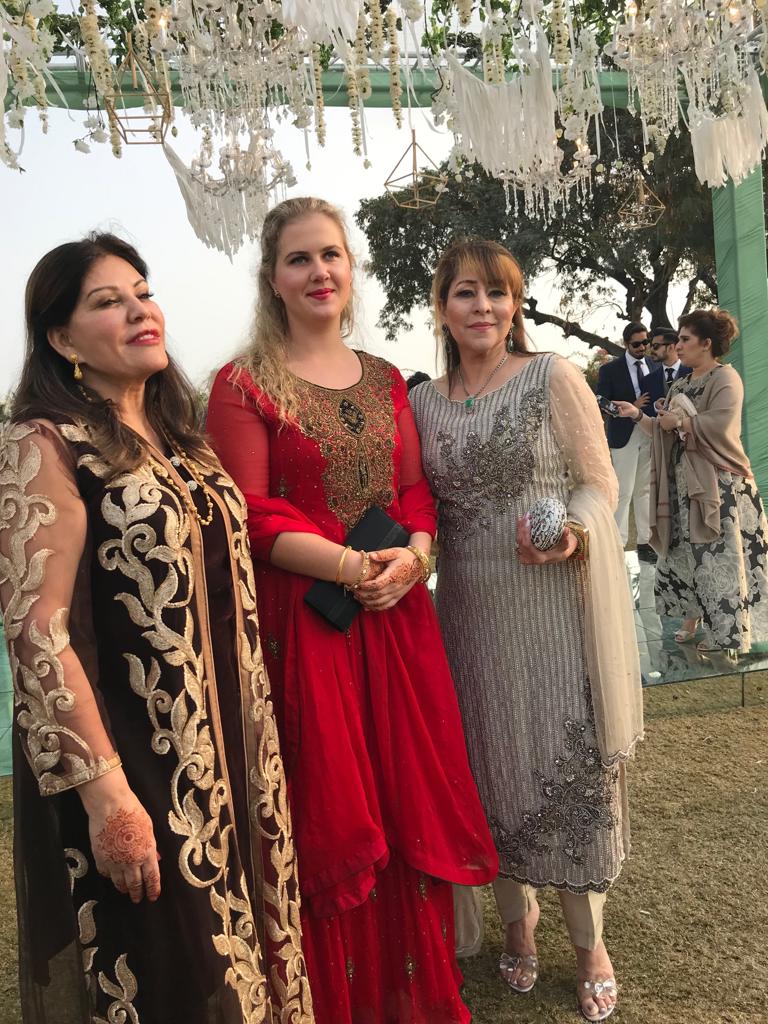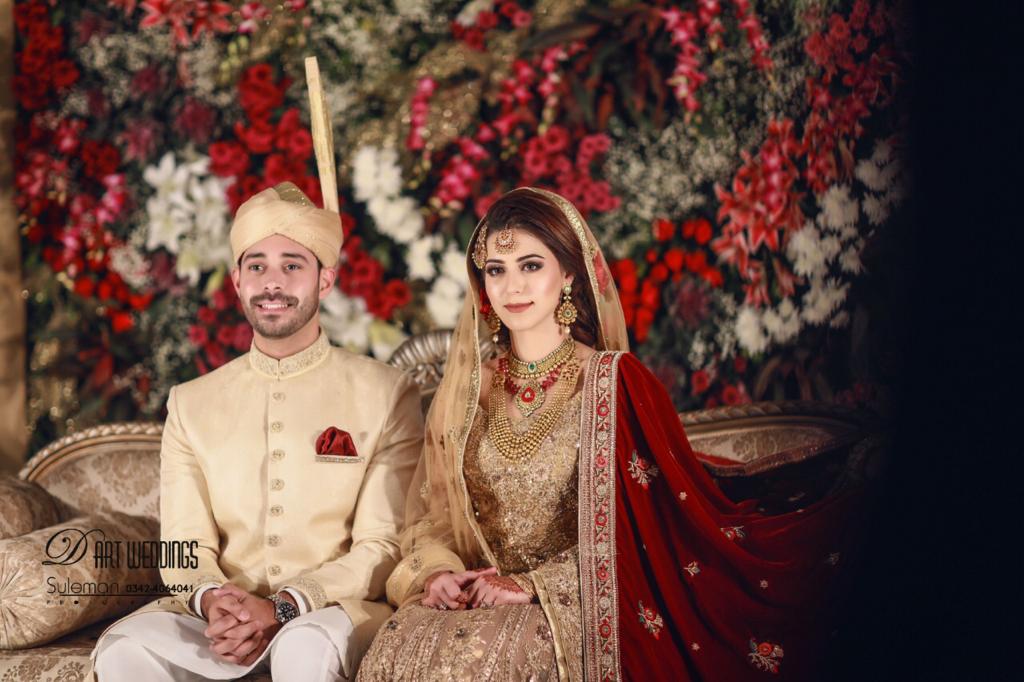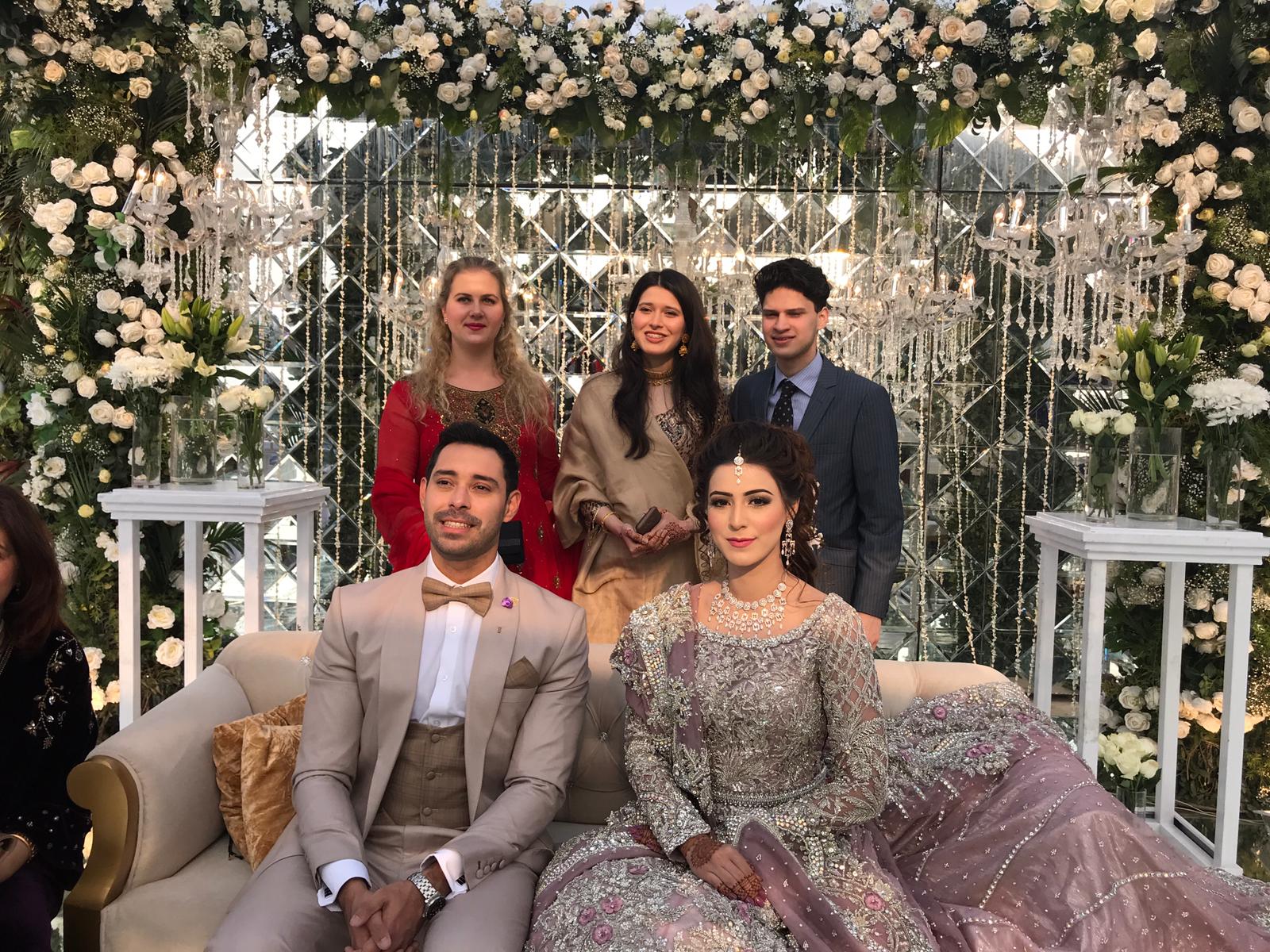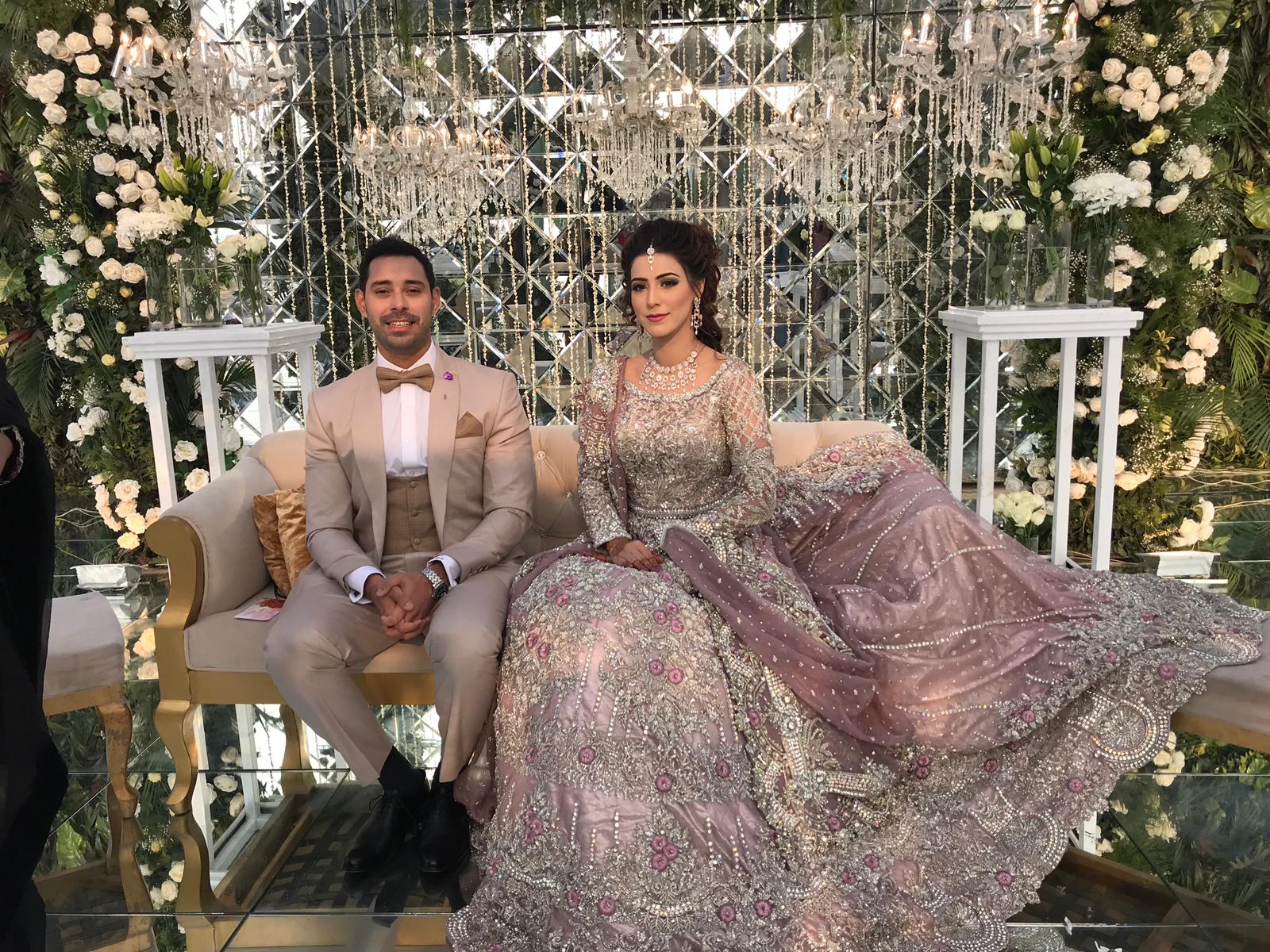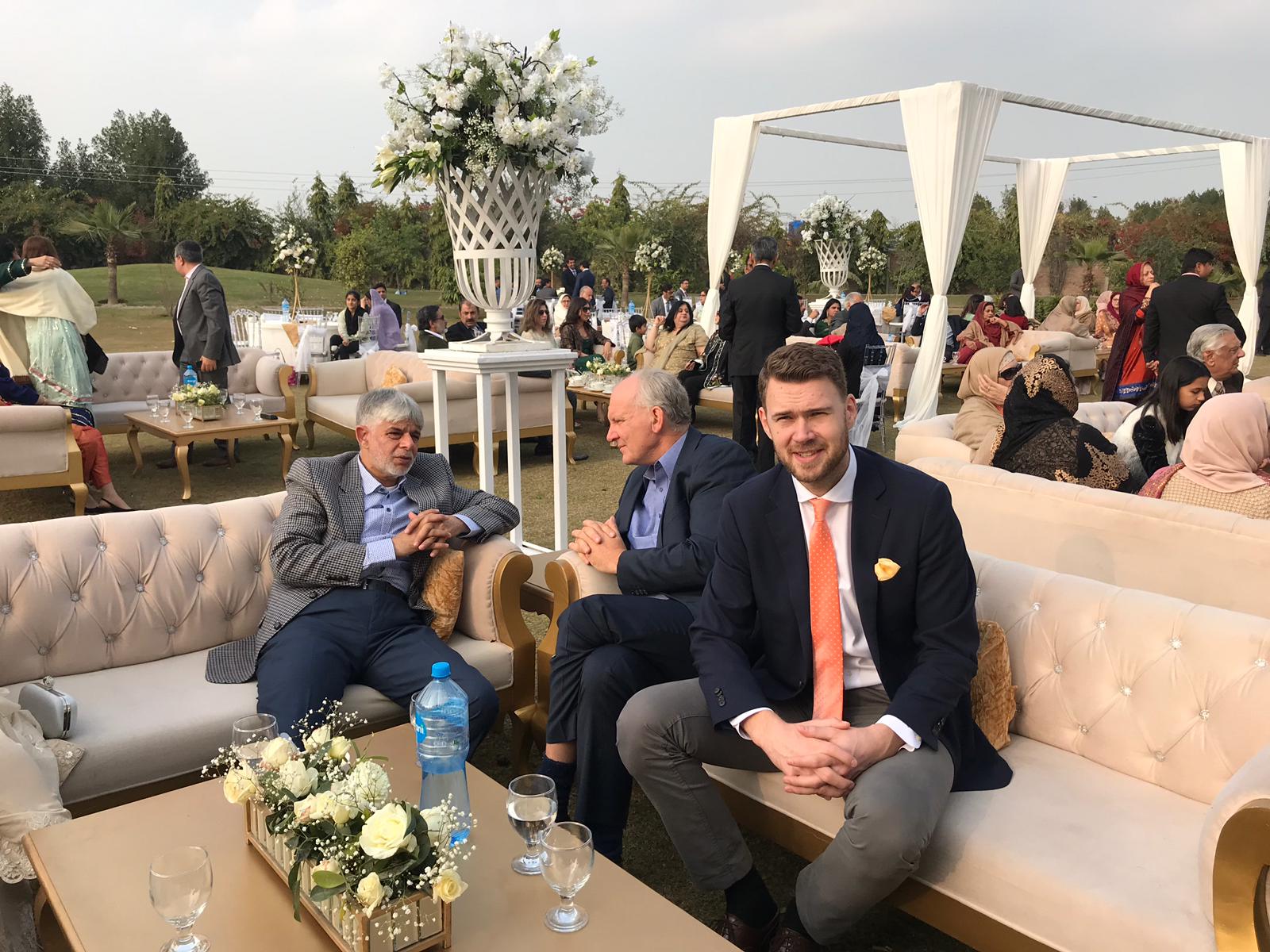"We too, Sing of Freedom" | Another View of Pakistan
Bridge Building
Over the past few months, a lot of friends in the US and especially those on the Hill have said some interesting things about Pakistan & Pakistanis. I think we all know how I feel about a Pakistan from a political point of view, but I will subject readers to a brief overview below. However, this post will be largely positive: Pakistan’s people have finally worked towards a more peaceful and optimistic future and present for their troubled land, and I wish to give credit where credit is due. Pakistan has a long way to go—but all in all the country is moving towards a more responsible future both domestically and internationally. Thank goodness.
When I asked a cousin what she’d like Americans to know most about Pakistan, she responded in Urdu: “Let them know Hamza, that we too sing of freedom.” Here’s to you, Apa.
A Brief Tour of Pakistan’s Modern History
Pakistanis have vigorously fought to install civilian rule in Pakistan since 2012. My grandfather, who helped found that country, went to jail multiple times in the 1970s for his ardent demands the freedom of the press & democratic rule be restored.
I have been one of Pakistan’s most fierce critics over the past decade—with good reason. The country’s militaristic nationalism, fueled by Punjabi jingoism and de jure mistreatment of minorities and darker-skinned peoples is nefarious. Pakistan committed one of the worst genocides since the Holocaust in Bangladesh from 1970 - 1971 in a desperate attempt to maintain apartheid rule over 60% of its population after a democratic election ended minority light-skinned 1% rule. After redeeming itself internationally as the home of millions of Afghan refugees fleeing communist repression in the 1980s, its intelligence services help to form, shape and dispatch the Taliban to Afghanistan in order to bring that country to heel. Pakistan again played a positive role when thousands of civilians and military personnel answered the call by Bosnia to help save that country from Serbia’s onslaught and genocide of Muslims in the early 1990s, but then squandered this when its chief army officer in Bosnia became the architect of military aggression in disputed Kashmir against India in the late 1990s. Then, after publicly renouncing ties to Al Qaeda & the Taliban, Osama Bin Laden was found in Pakistan—as I publicly suspected he would—only a few hundred yards from the country’s military academy. All in all, Pakistan hasn’t been a positive force on the world stage for quite some time.
Pakistan Today
In America, only 1 in 3 Muslim women embrace a headscarf. In Pakistan, headscarves are often adorn upon the shoulder, and drawn over the head when a woman feels particularly unsafe or immodest. This photo of women having lunch in Lahore, Pakistan features few who felt that way.
The last time I was in Pakistan was 15 years ago, during military rule and heightened anti-Hindu and anti-American sentiment. The country has gone a long way to put to rest these features of its identity, and its growing middle class is challenging the Army’s nationalistic rhetoric at a time when the rest of the world seems to be in retrograde. Pakistanis are increasingly moderate in politics and practical in their lifestyles. Anti-India sentiment is also on the decline—thankfully.
Democracy, At Last
Increasingly, westerners are visiting Pakistan during the wedding season. Many Pakistanis have settled in Australia and the UK, which is a reasonable flight home. It’s also an affordable destination wedding.
Pakistan’s burgeoning middle class forced the country’s agrarian, military and industrial elites to conduct free and fair elections in 2008, then again in 2013, and shockingly, again in 2018. Ballot stuffing still remains an issue, but an activist Supreme Court and a new corps of military officers who are tired of running a country of 220 million rather than defending its borders have begun a campaign of keeping the country honest that should be praised. Few have successfully argued that Pakistan’s new prime minister, Imran Khan, is anything but a reformer and unifier: he’s an ethnic Pashtun who grew up in the Punjab, married a Jewish convert to Islam in the 90s, and is by far the most famous Pakistani of all time (he’s a former international cricket superstar). The army likely did nudge a few constituencies to vote his way in last year’s election, but many believe he won largely on the merits. This is important.
Dispelling the Myths
My father’s family are ethnic Pashtuns—the same ethnic background as many of you know as the Taliban in Afghanistan. Yet, most Pashtuns abhor the Taliban since they’re essentially the KKK of the Muslim world, and are very modern, educated people who just really love their guns. My mother’s family is Sayyid—ethnic Arabs who moved to South Asia largely as missionaries hundreds of years ago. They’re all cosmopolitan, modern folks who listen to American pop music, party with friends and enjoy life.
Recently, these two families intermarried. My cousins sent me the photos so I could share them with an American audience and help show that Pakistan is changing. No burkas, no crazy speeches against Hindus and Indians, no talk of militarism or conspiracy theories involving America. Just a bunch of Australians, Europeans, Pakistanis and others having a great time. To quote a member of Congress I had the pleasure to show the photos to last week: “that’s Pakistan?!” Why, yes it is.
I’m sharing this all to demonstrate that, yes Pakistan is a troubled country whose support for extremism, harboring of terrorists & obsession with Democratic India are major features of a dark past, but Pakistanis are changing the country for the better—wrestling away power from a corrupt and bigoted 1%, and fighting to find a moderate way of life that doesn’t thrive on division and hate. After a decade of harsh criticism, I’m glad to see Pakistanis choose a path that emphasizes hope and change instead of fear and hatred. Pakistan has a lot of potential, and I can’t wait to see Afghanistan, India and Pakistan work together for a future that is bright for all, insha’Allah.
The Wedding Photos





